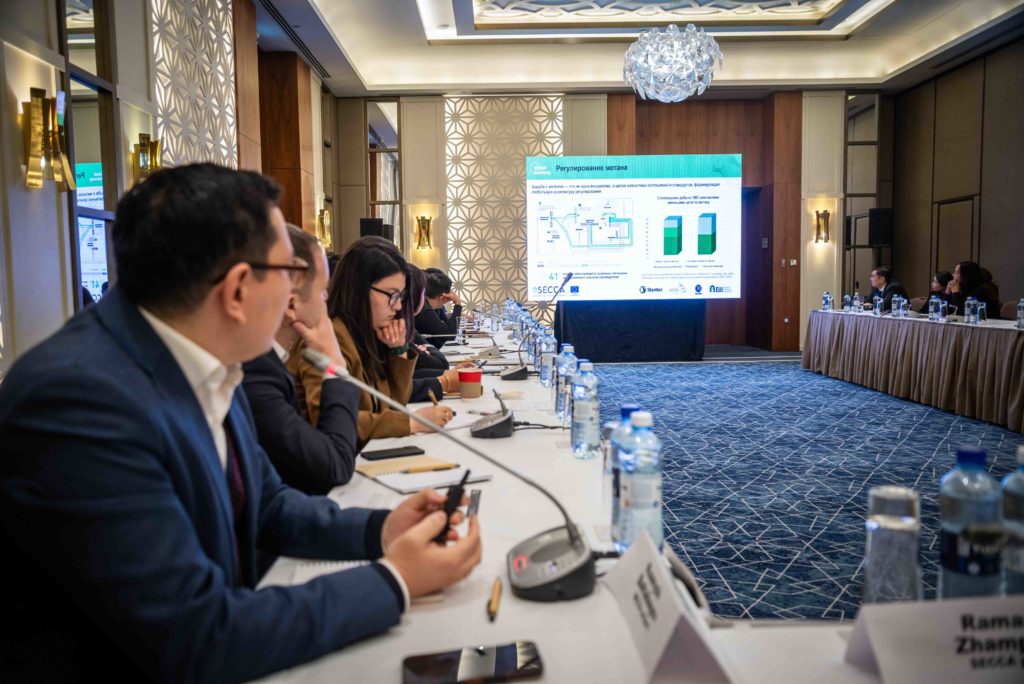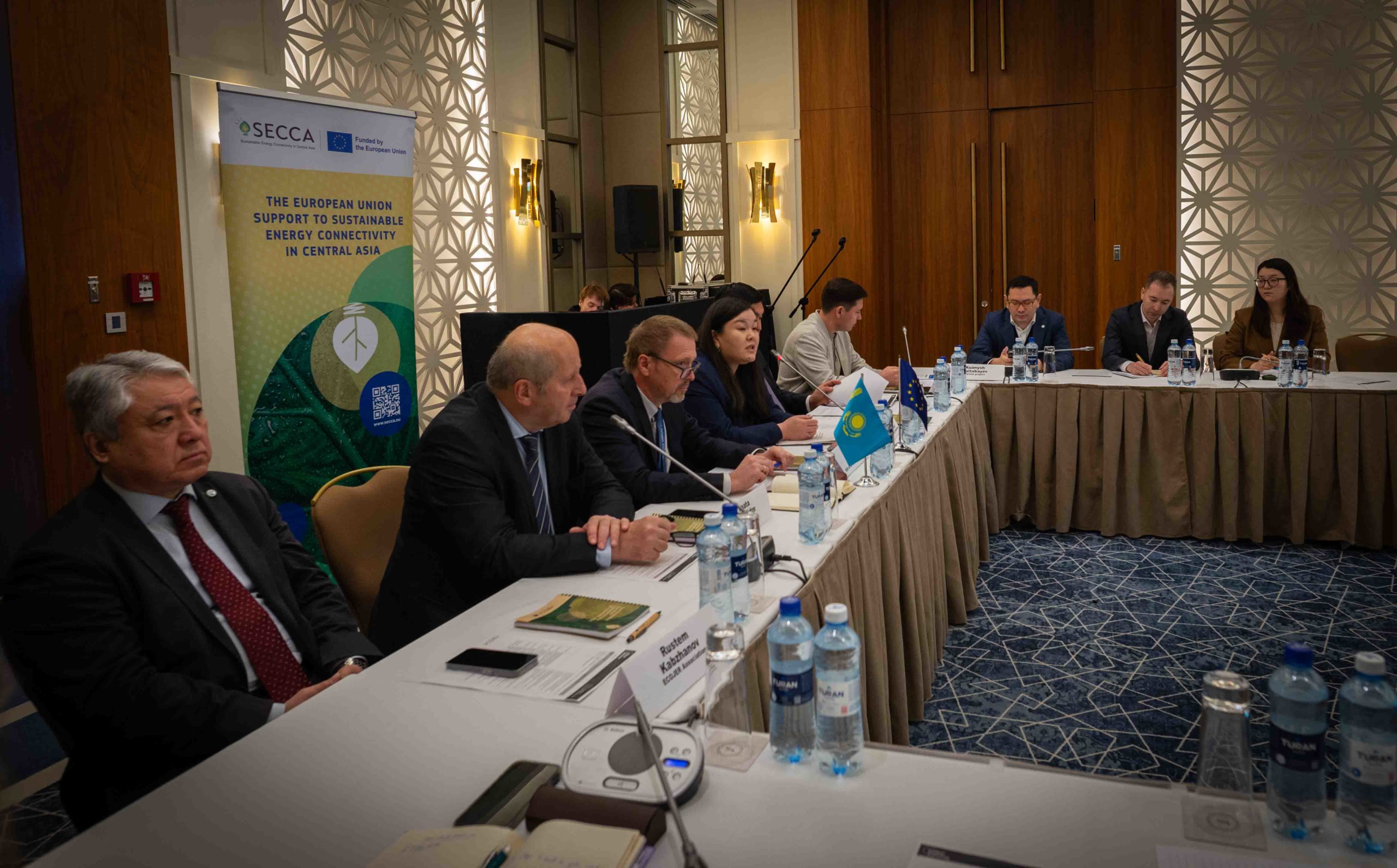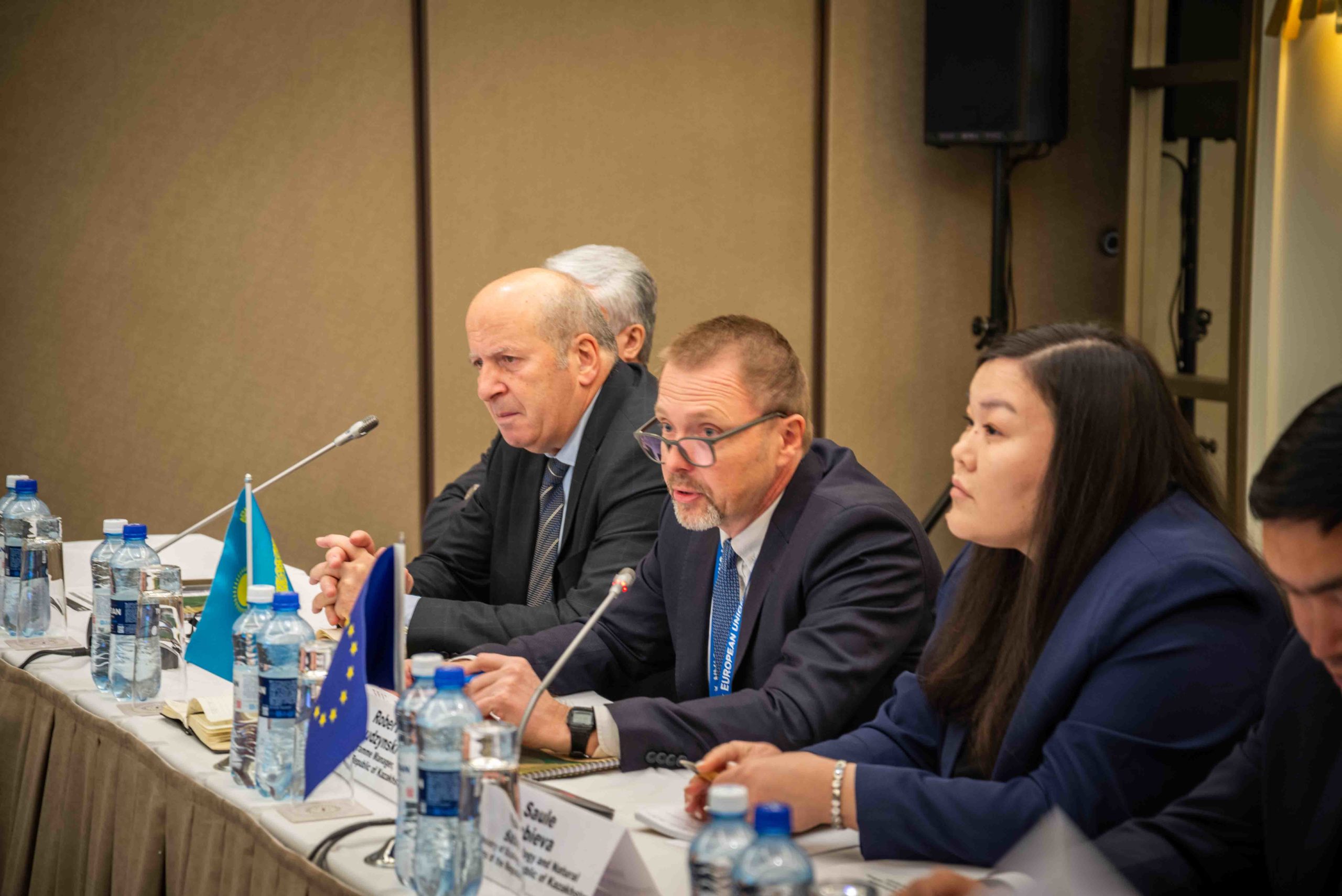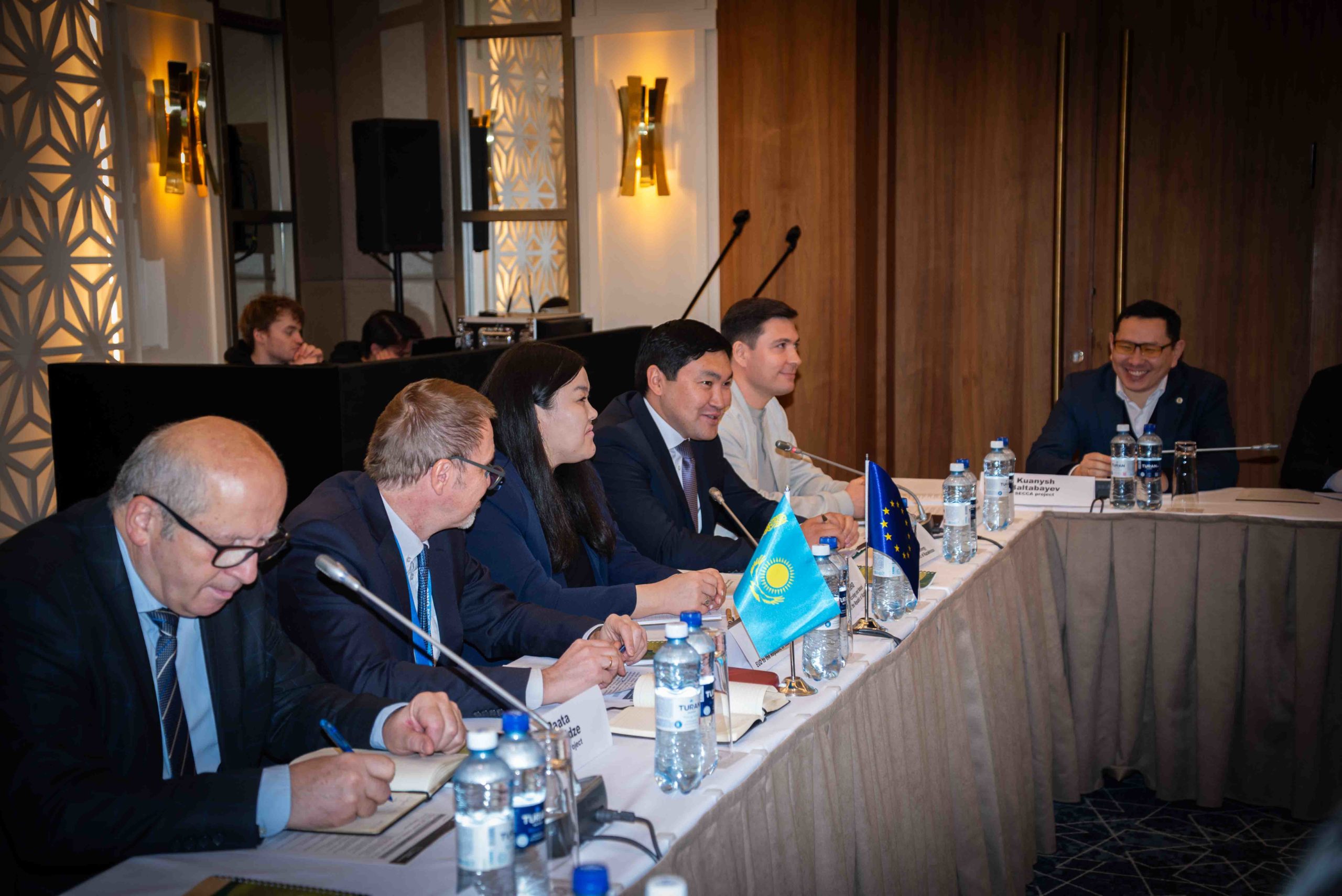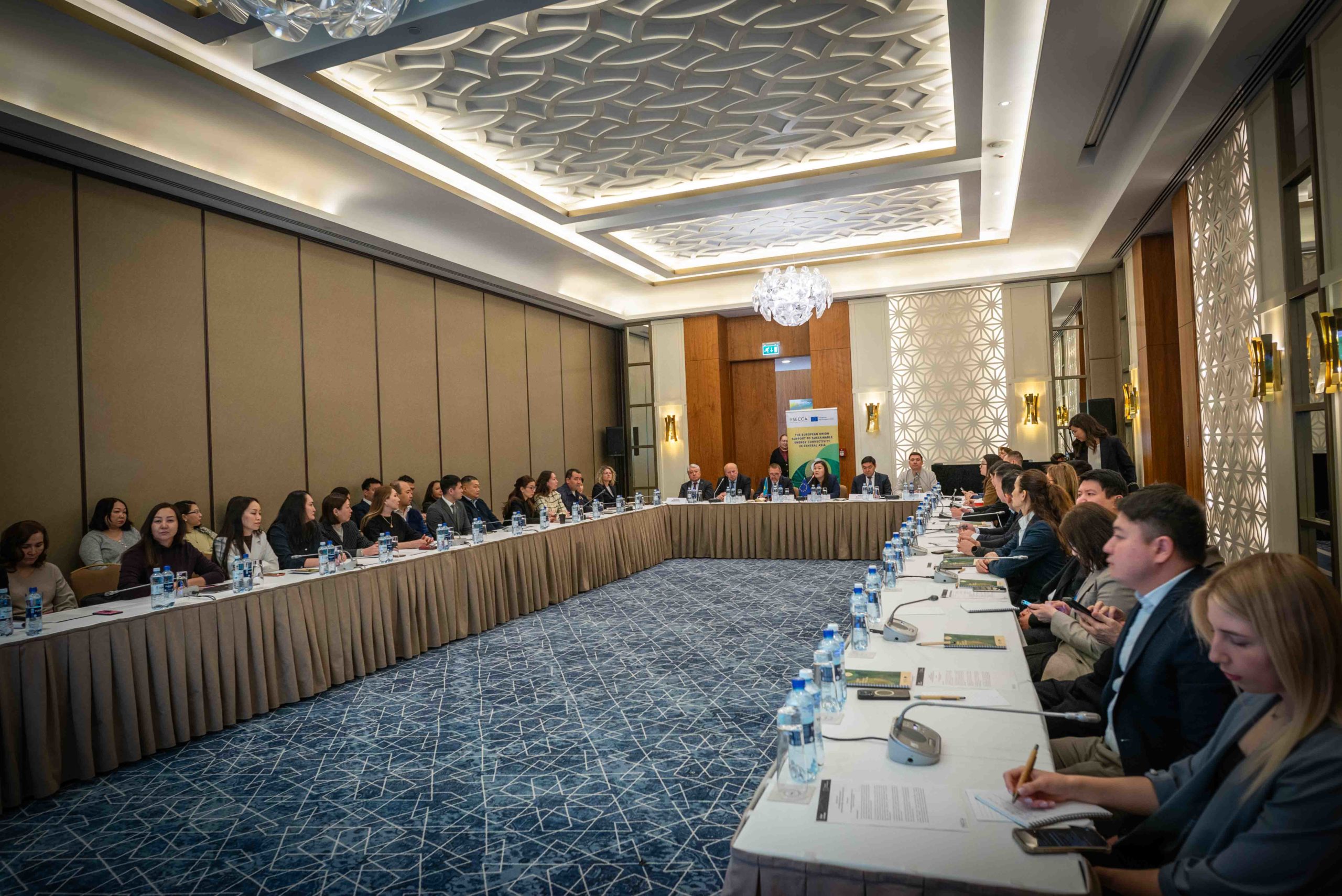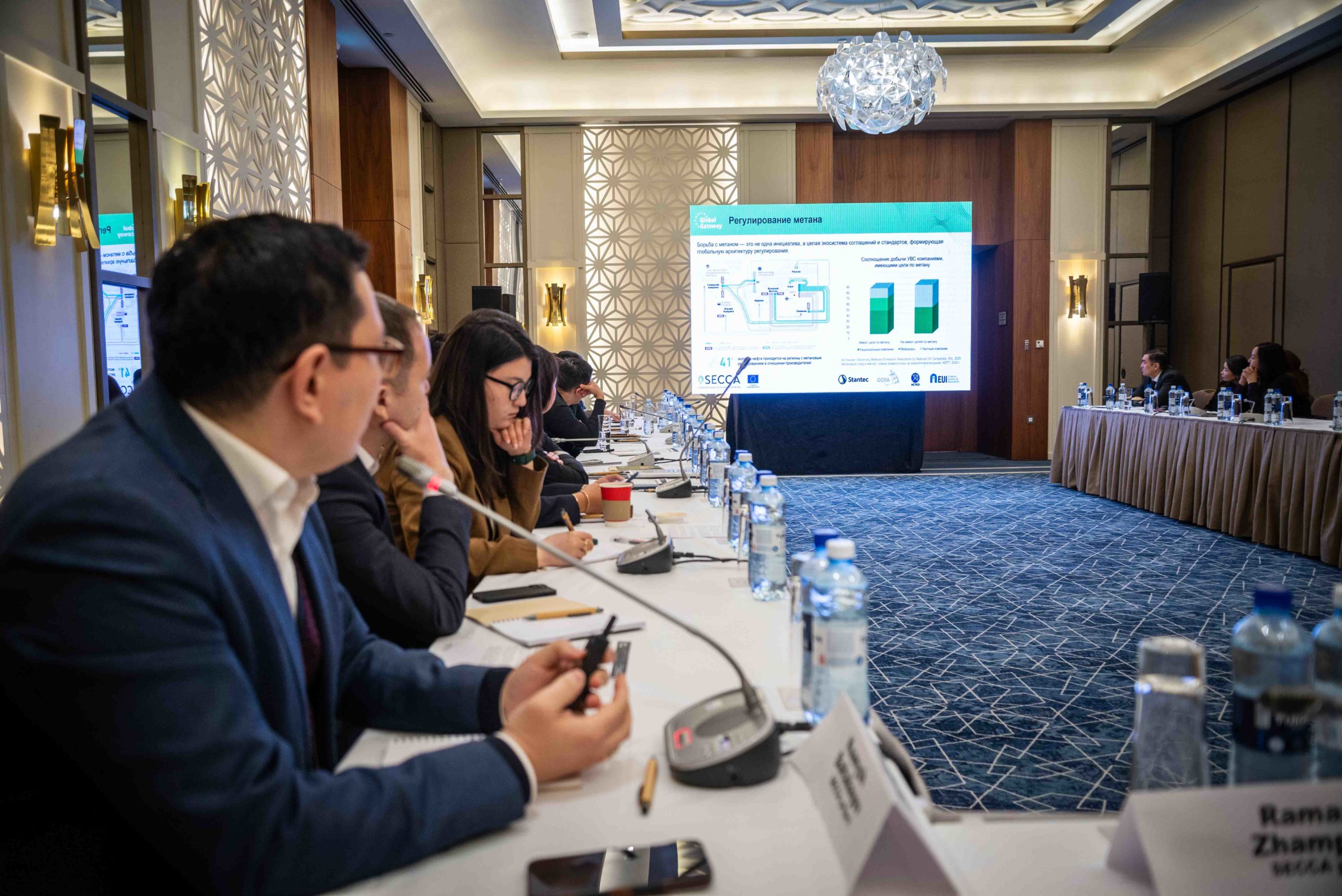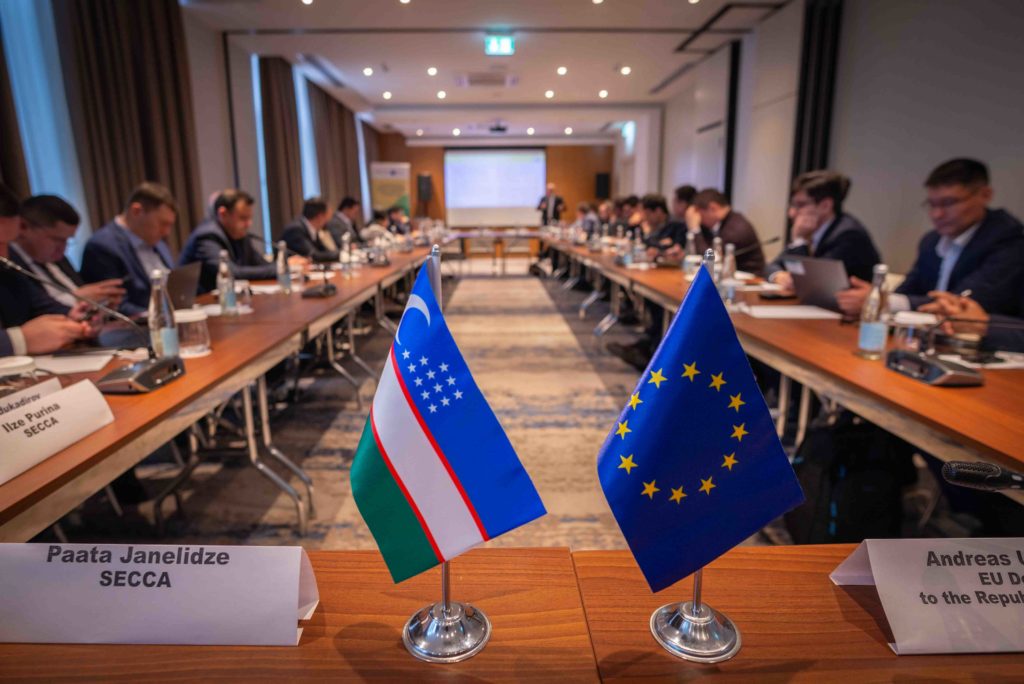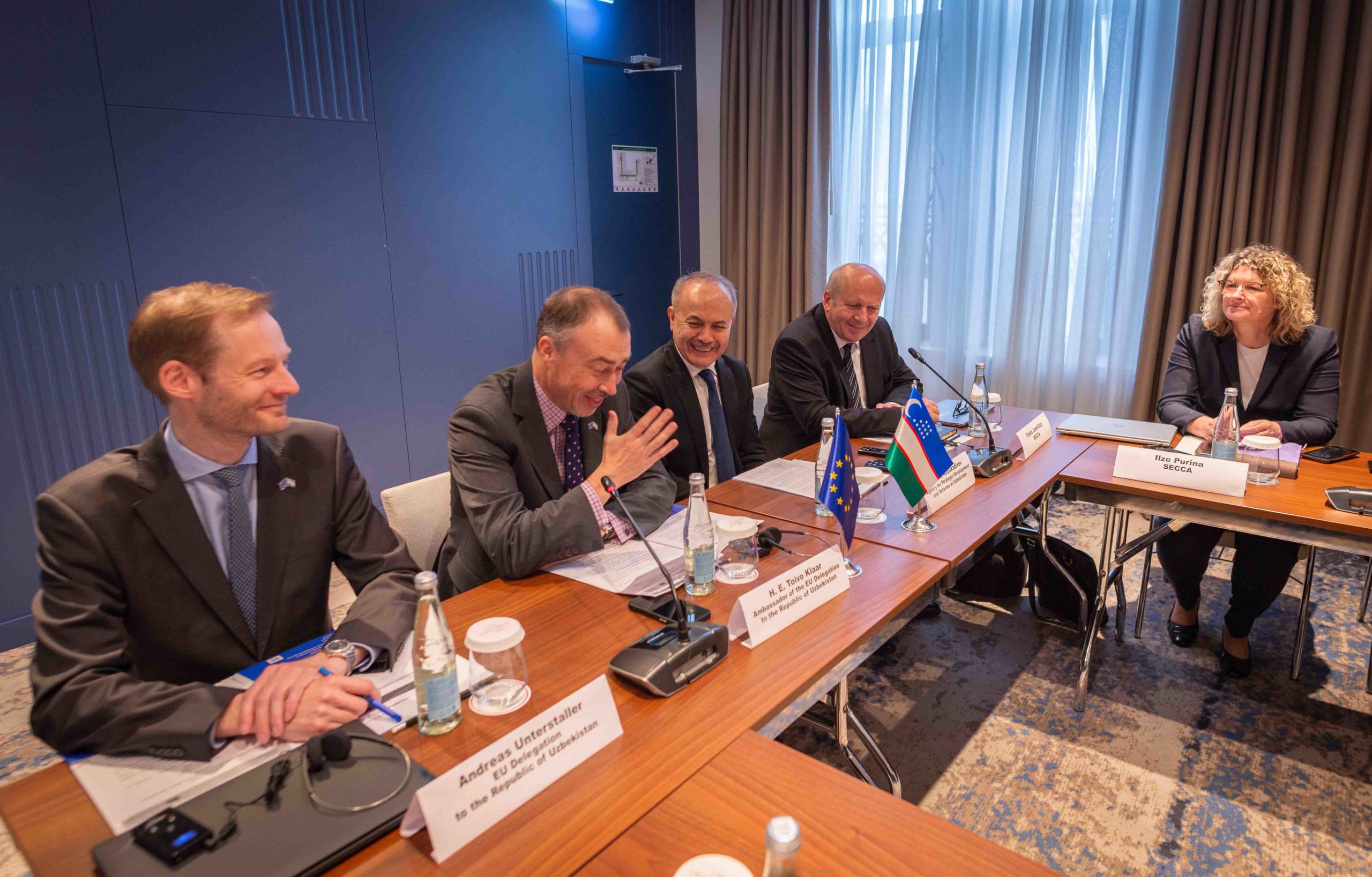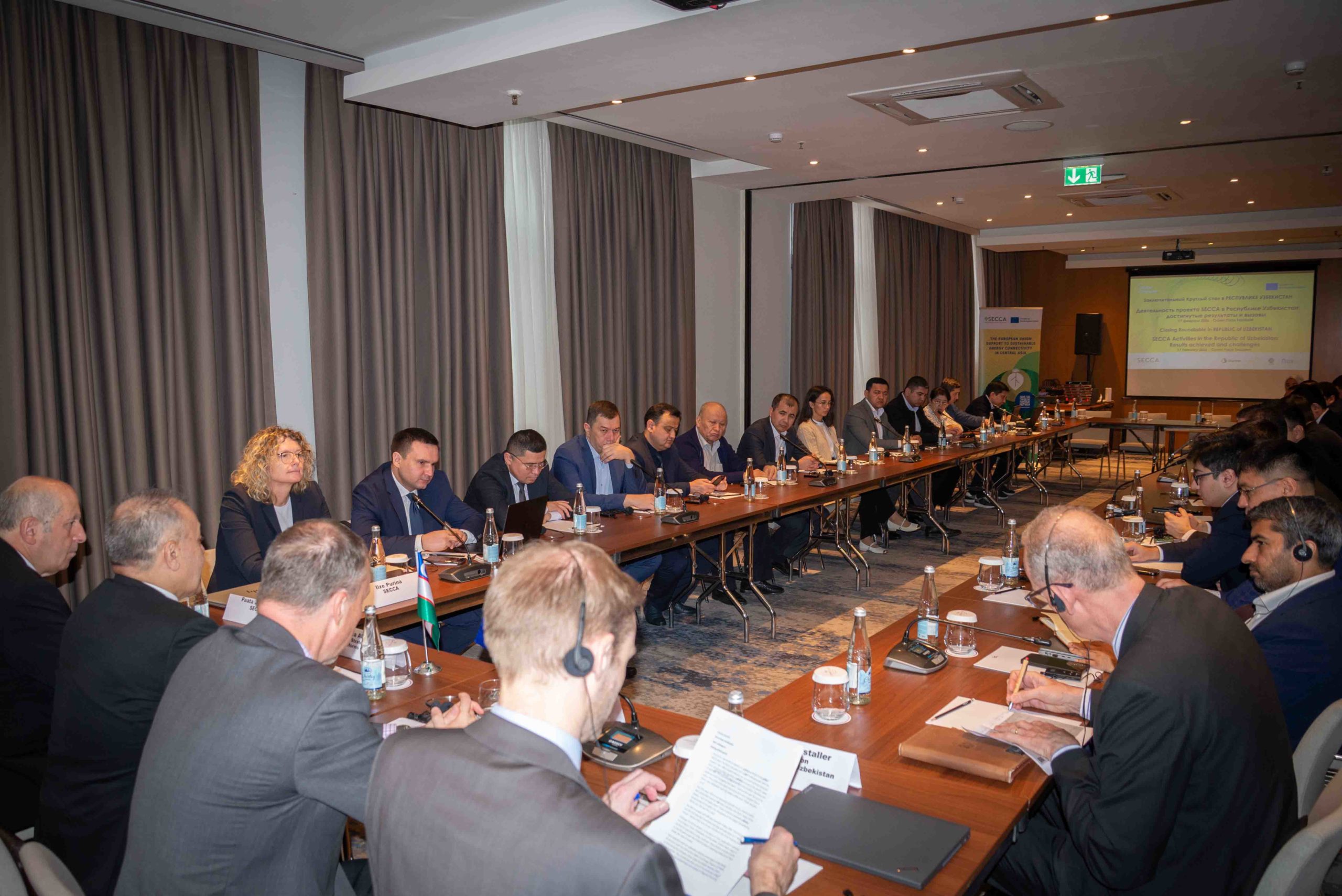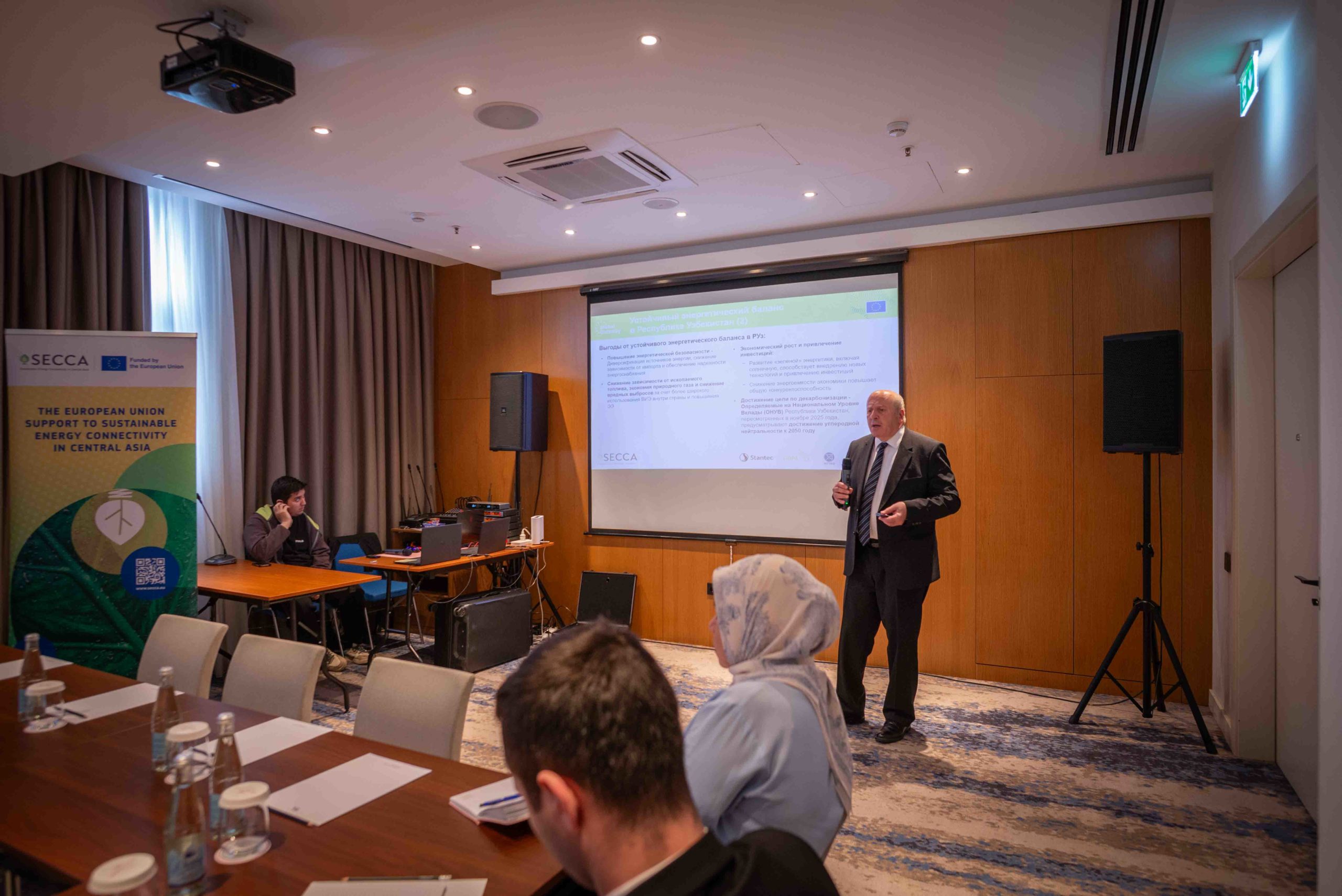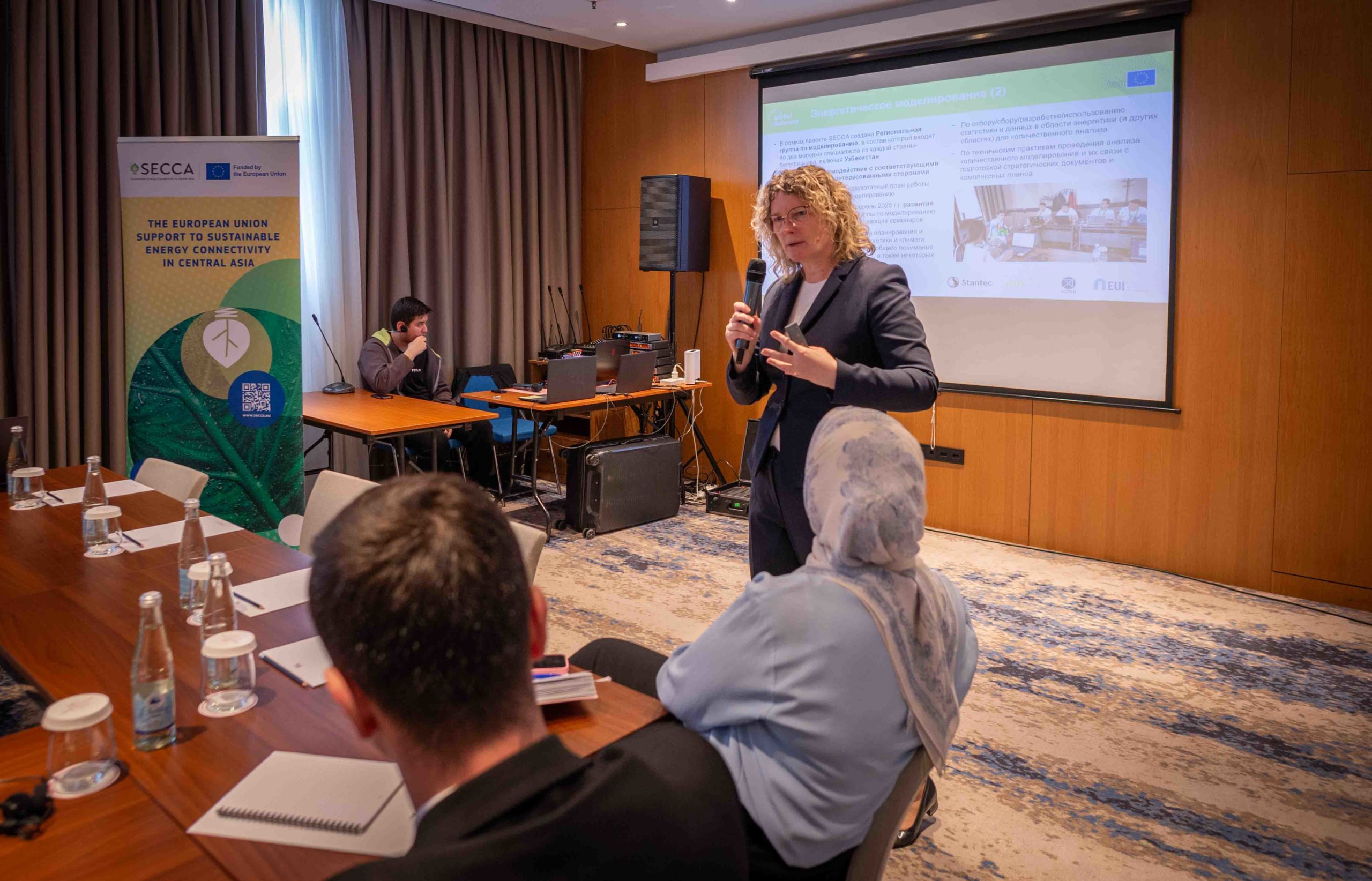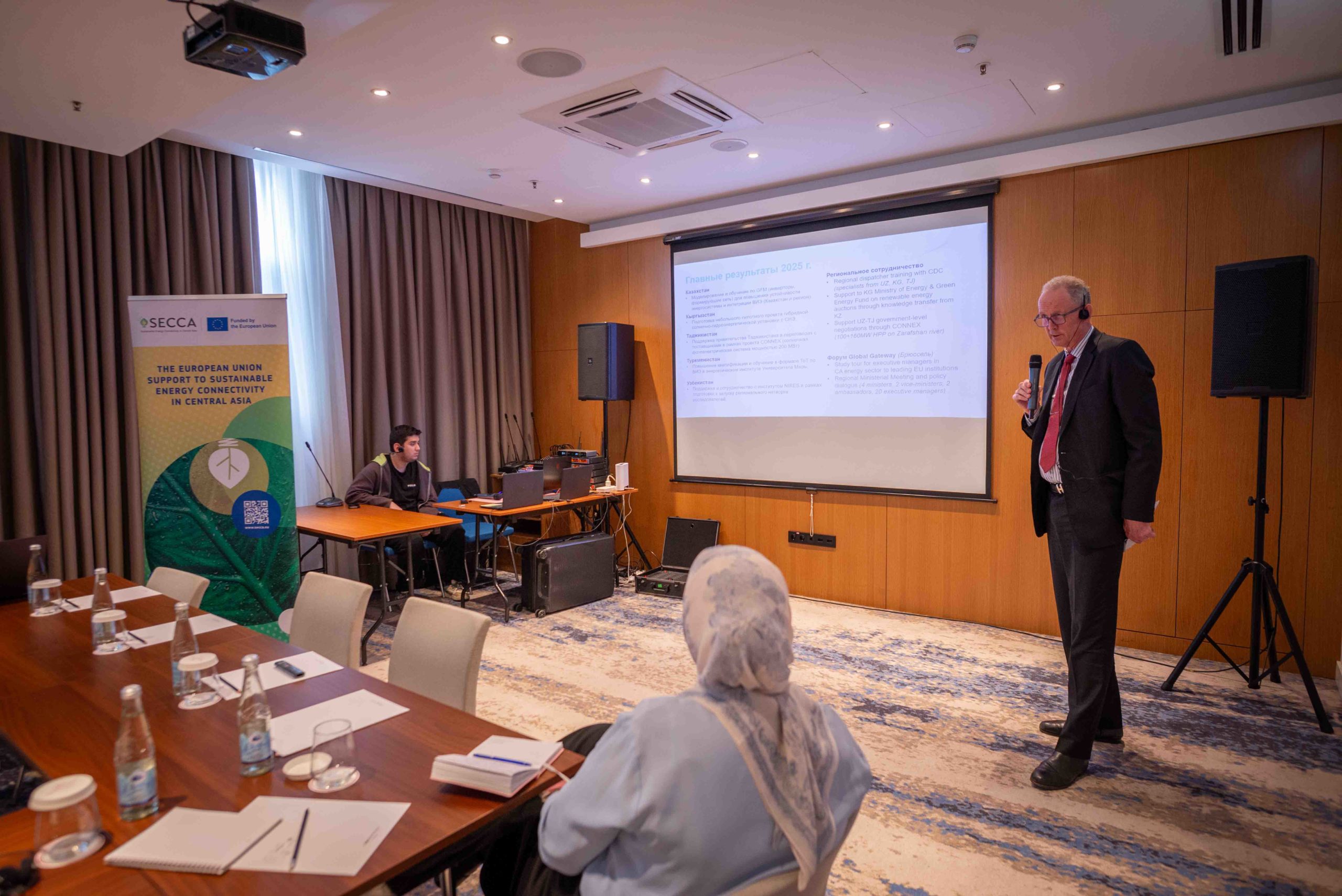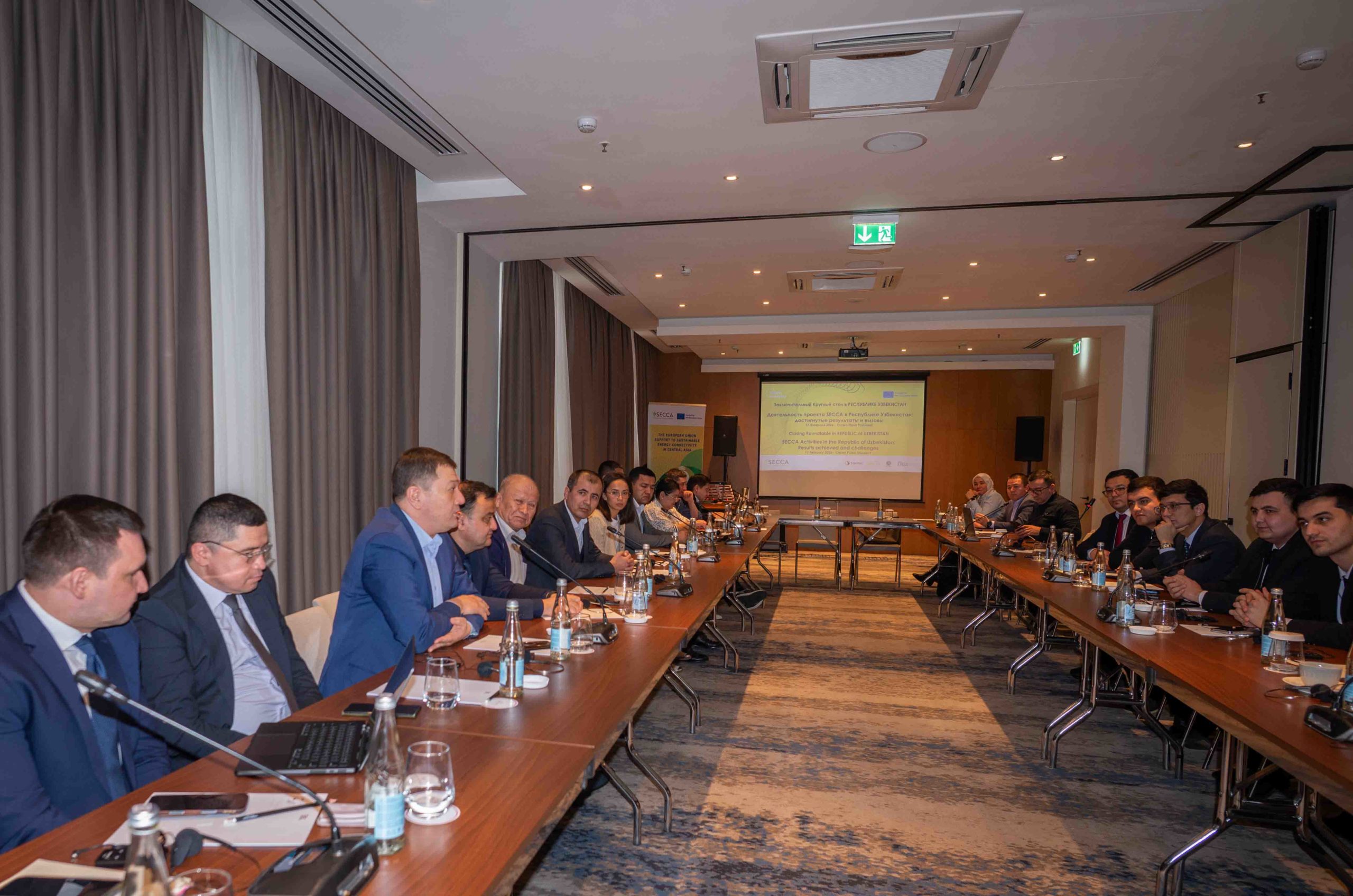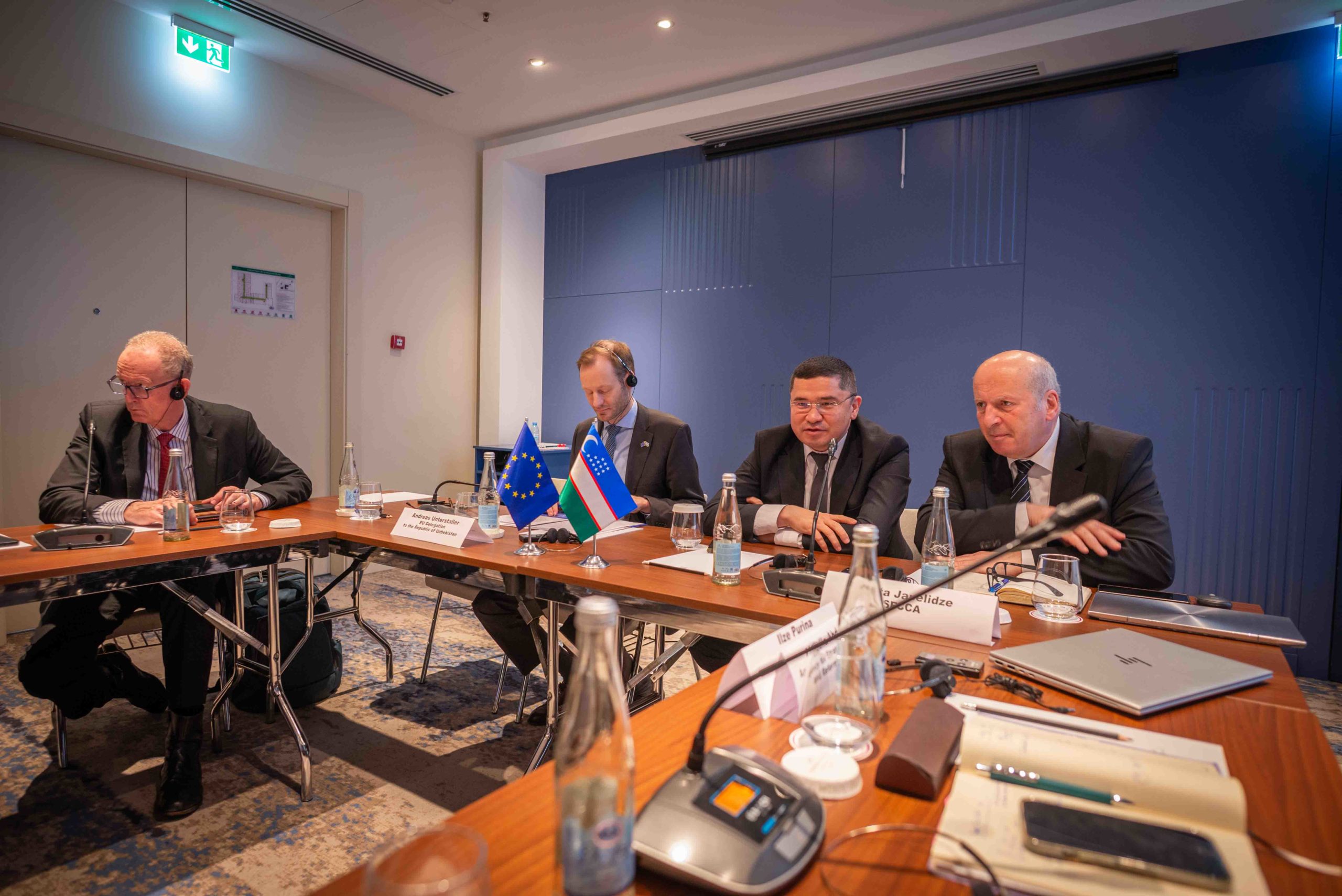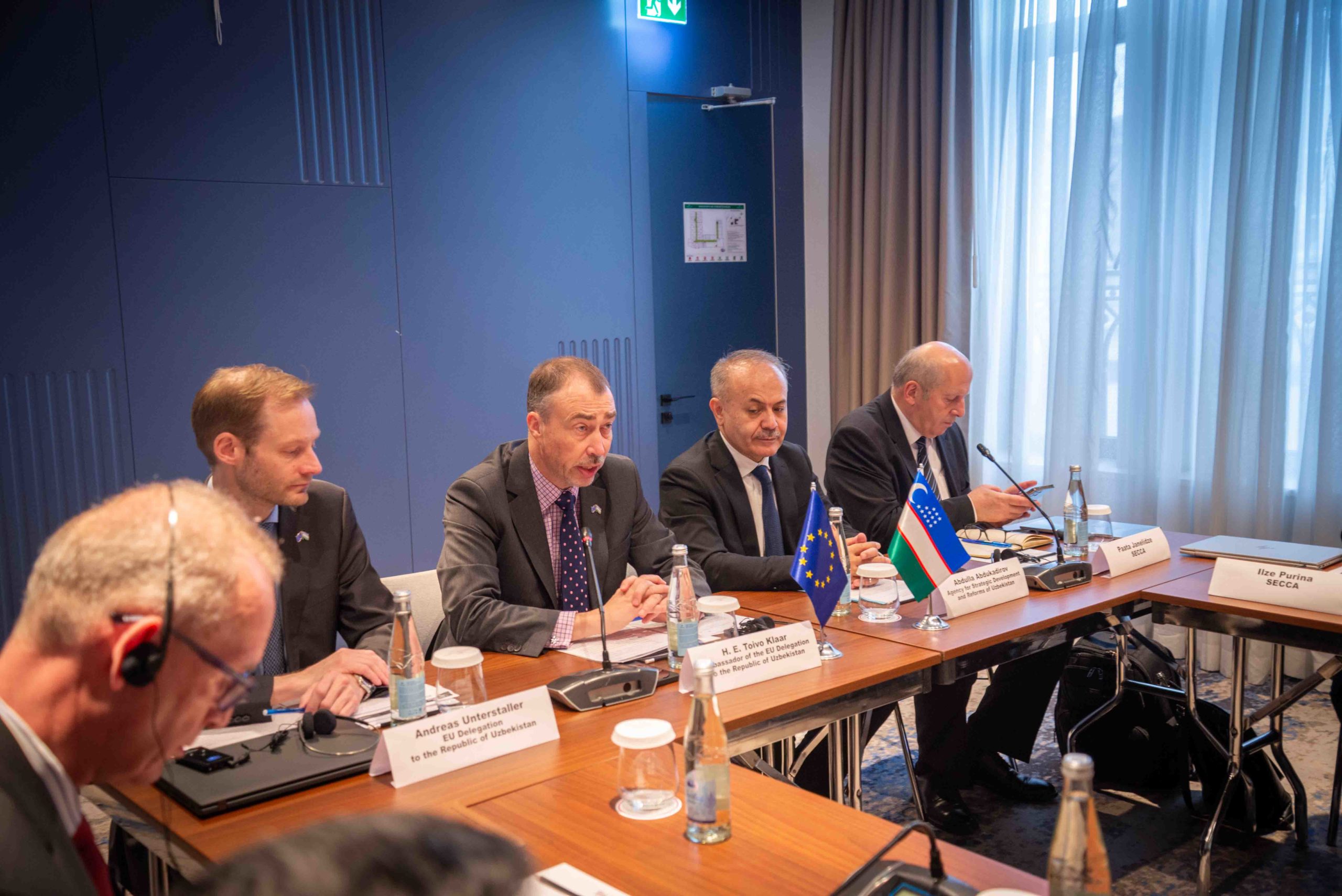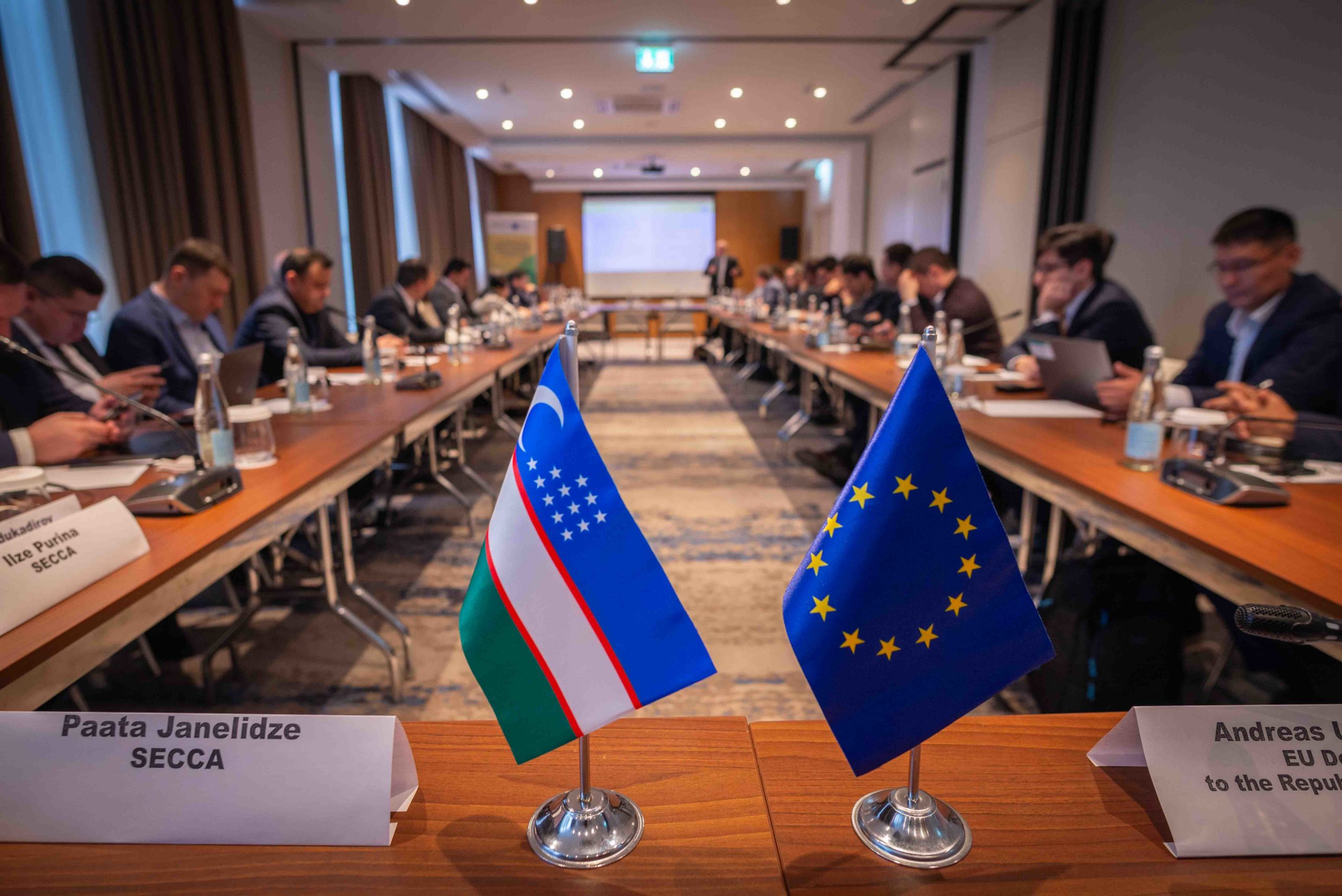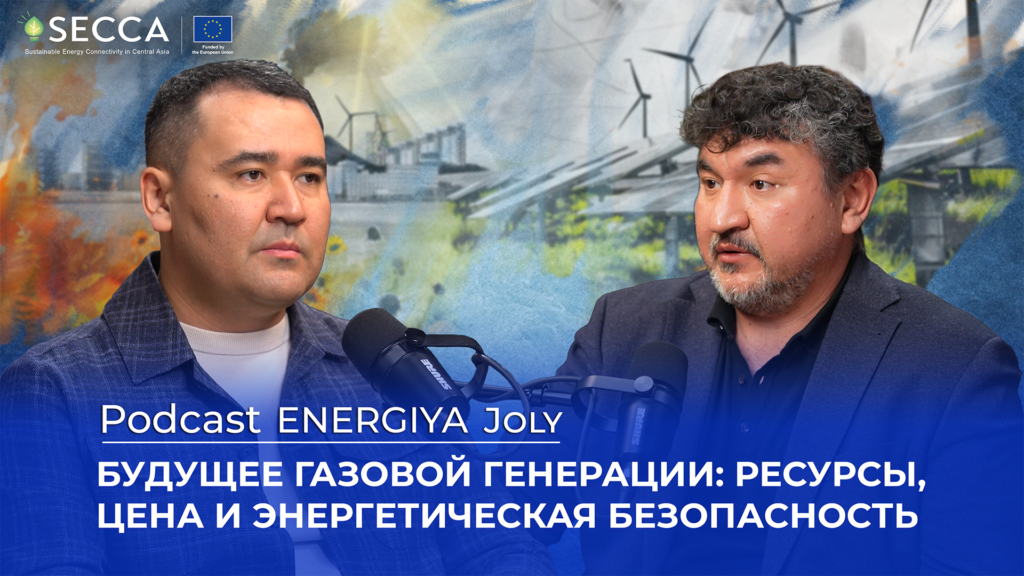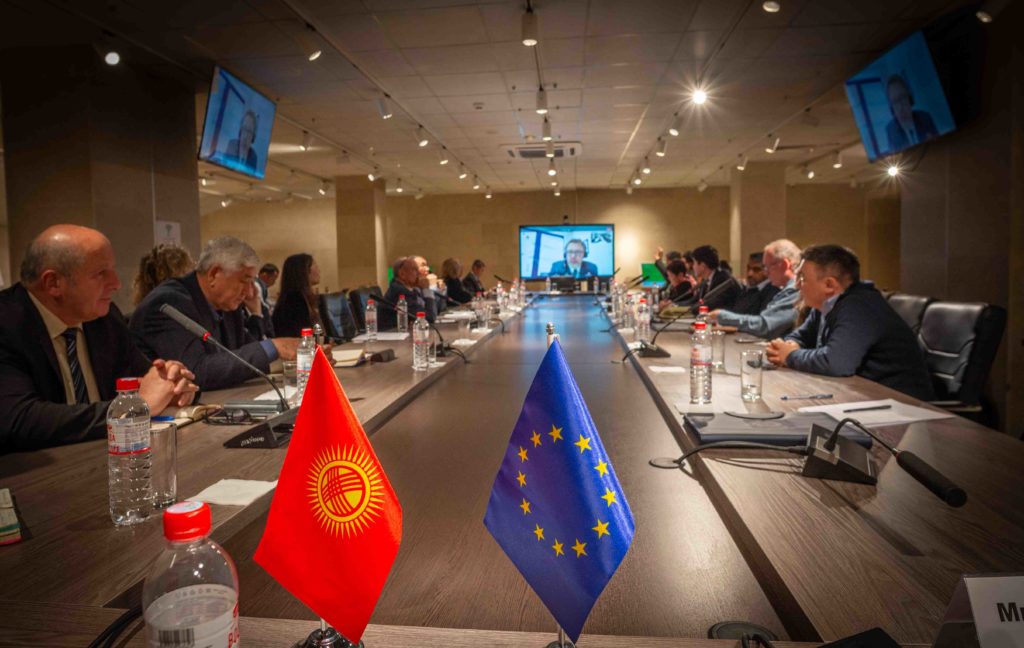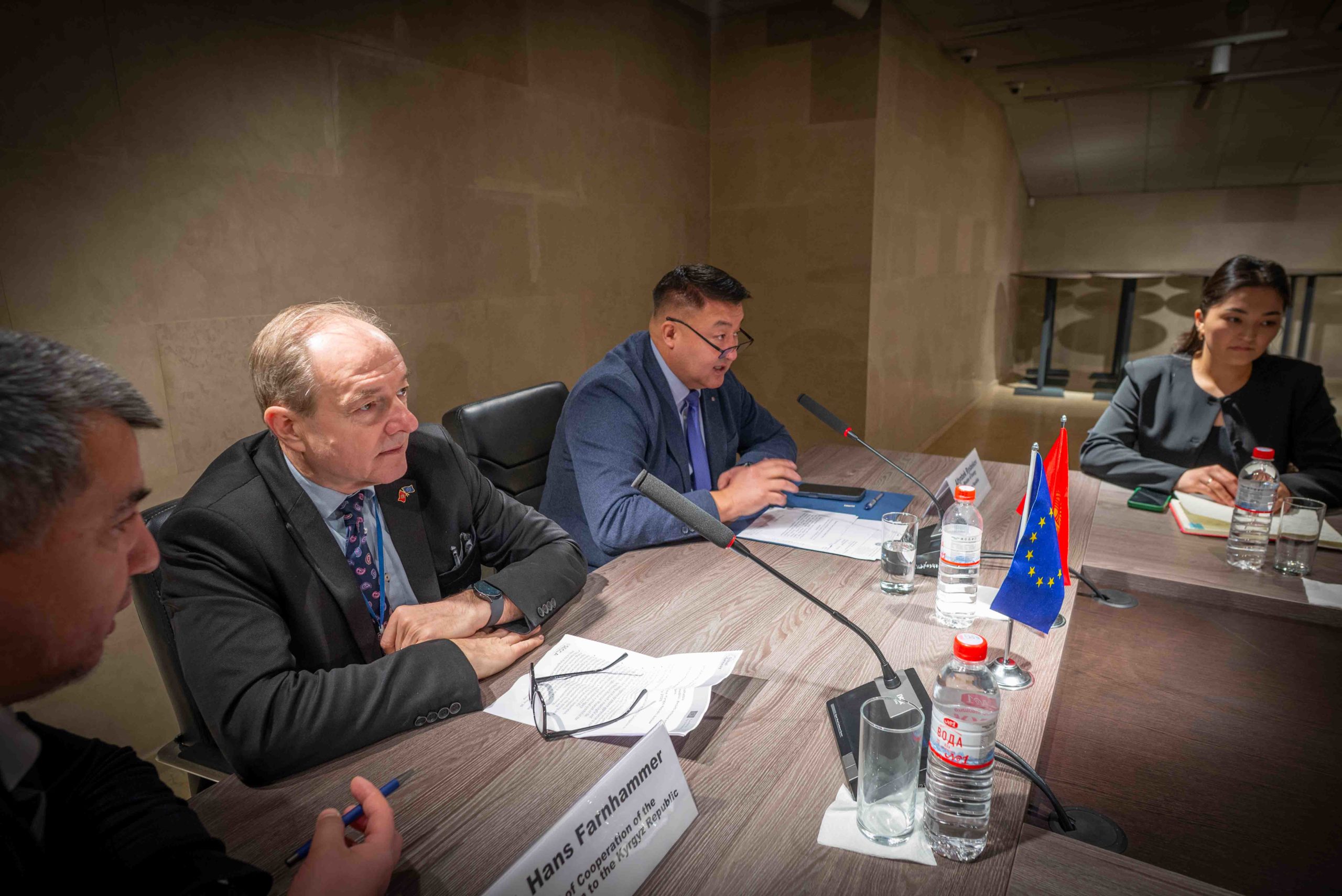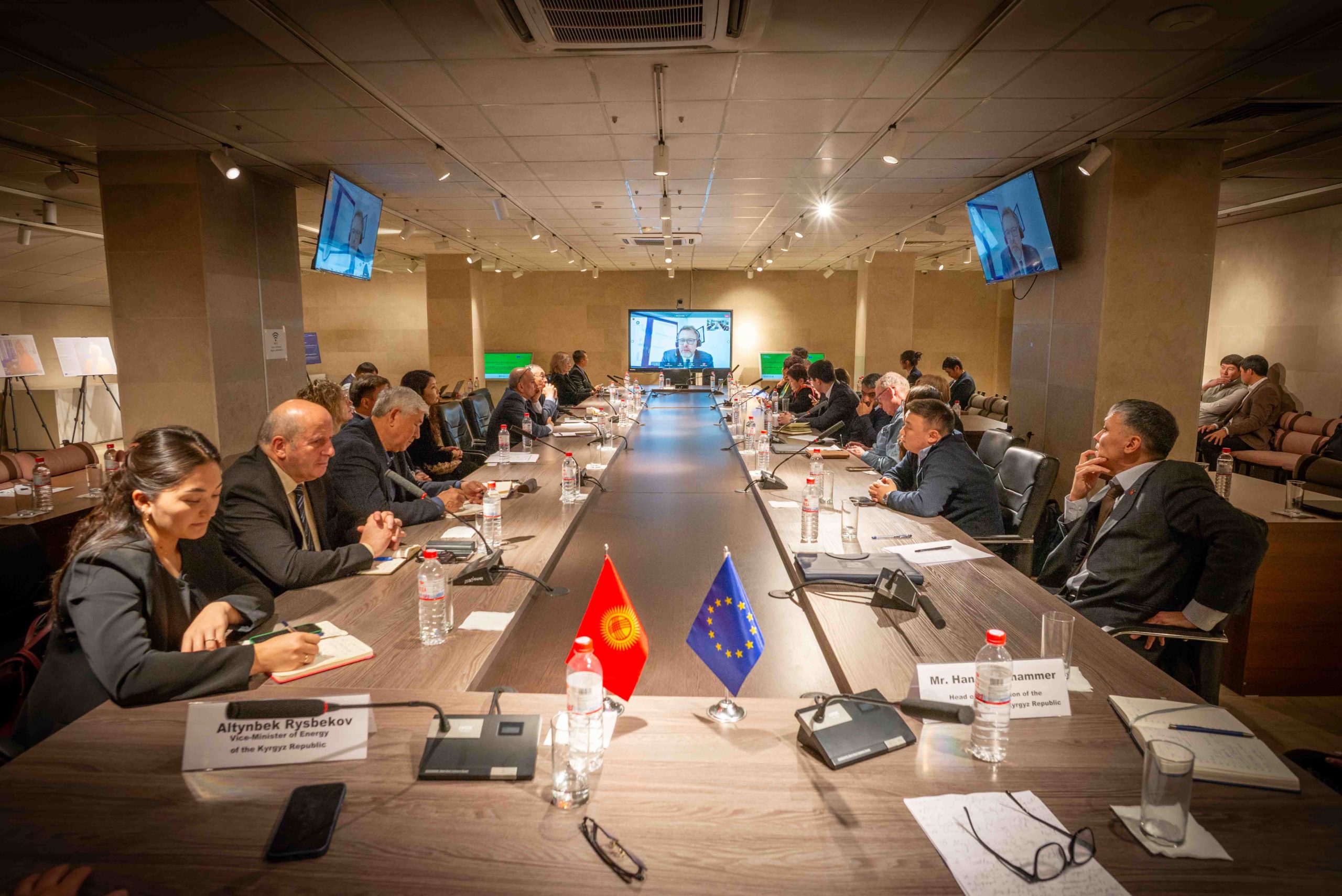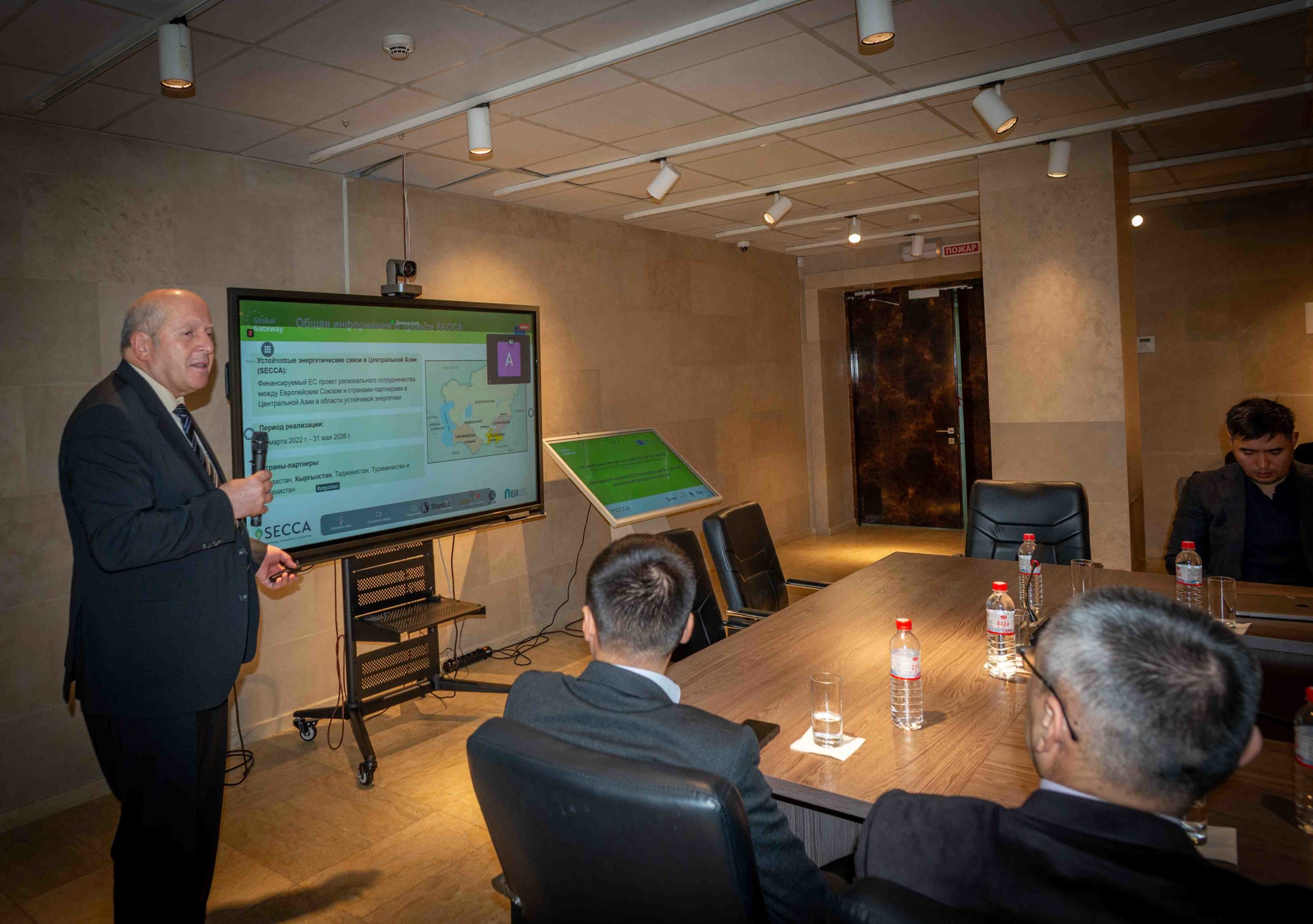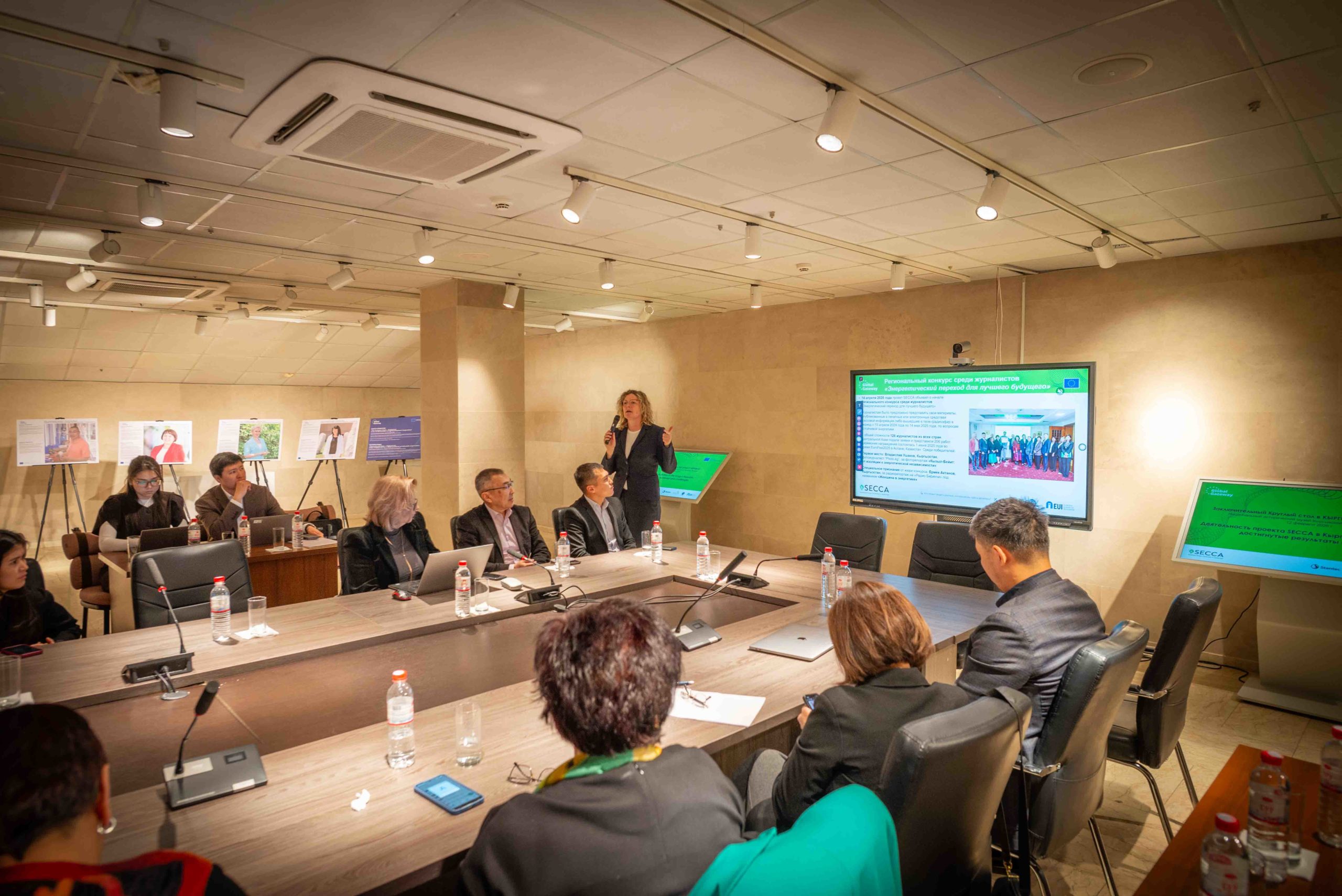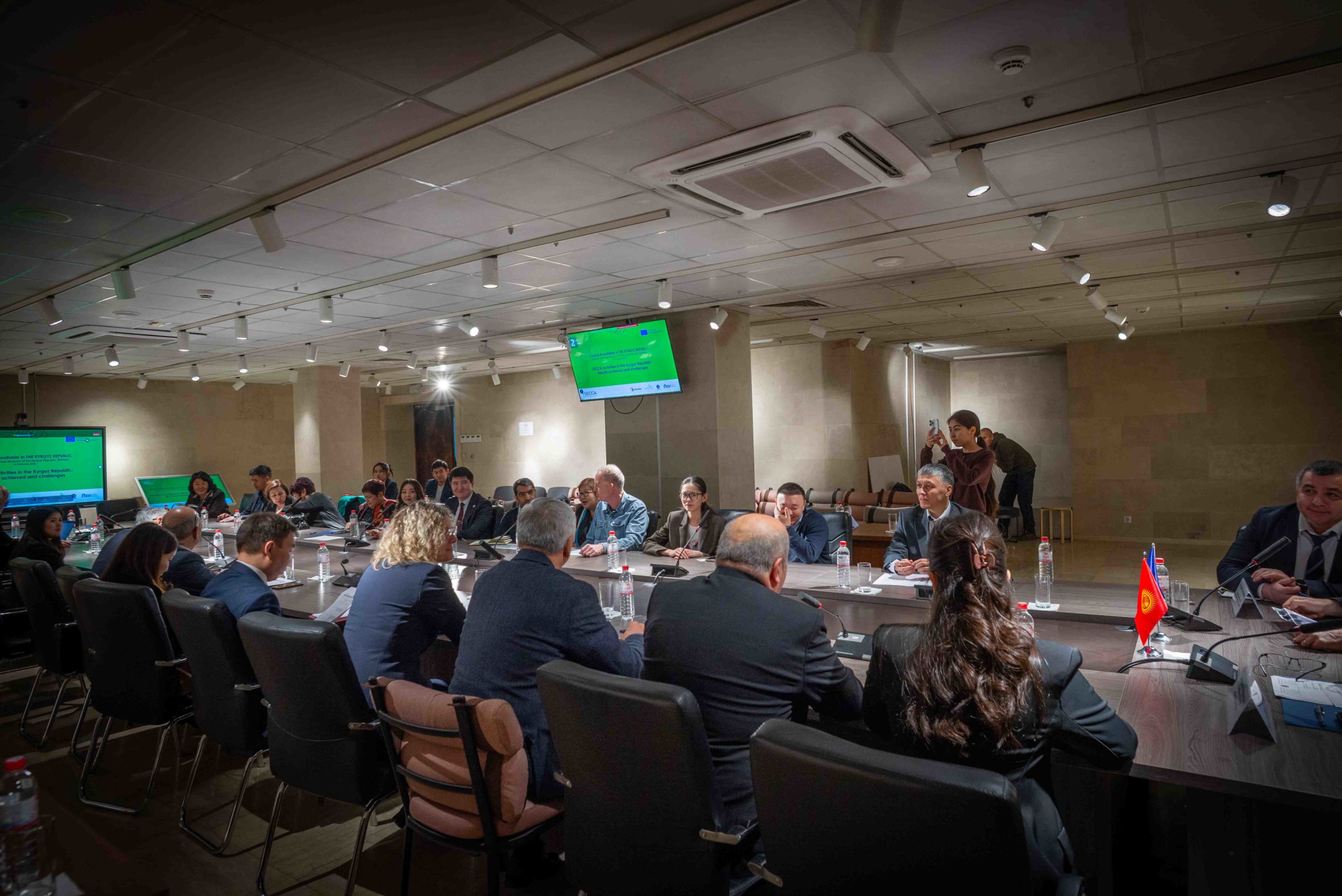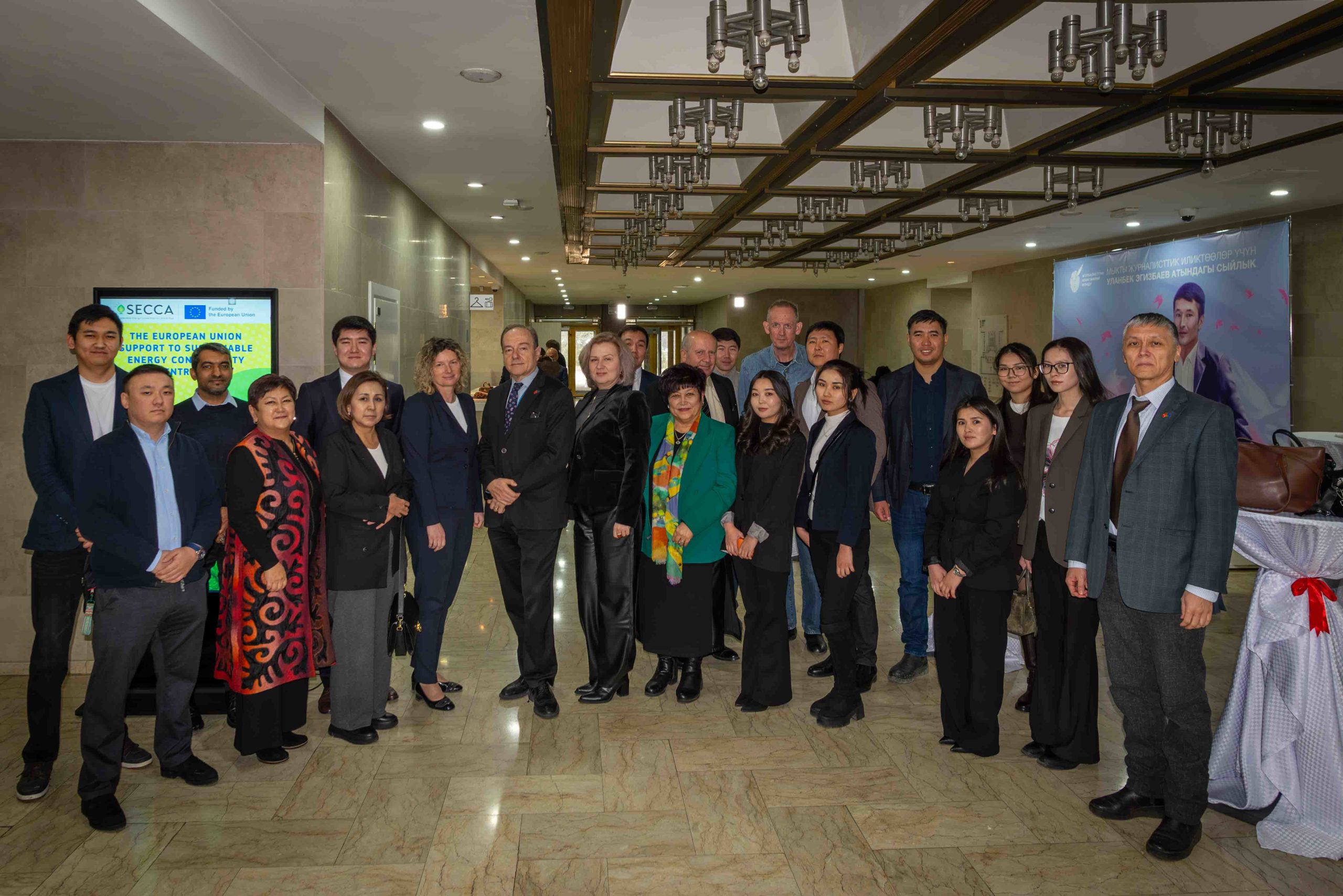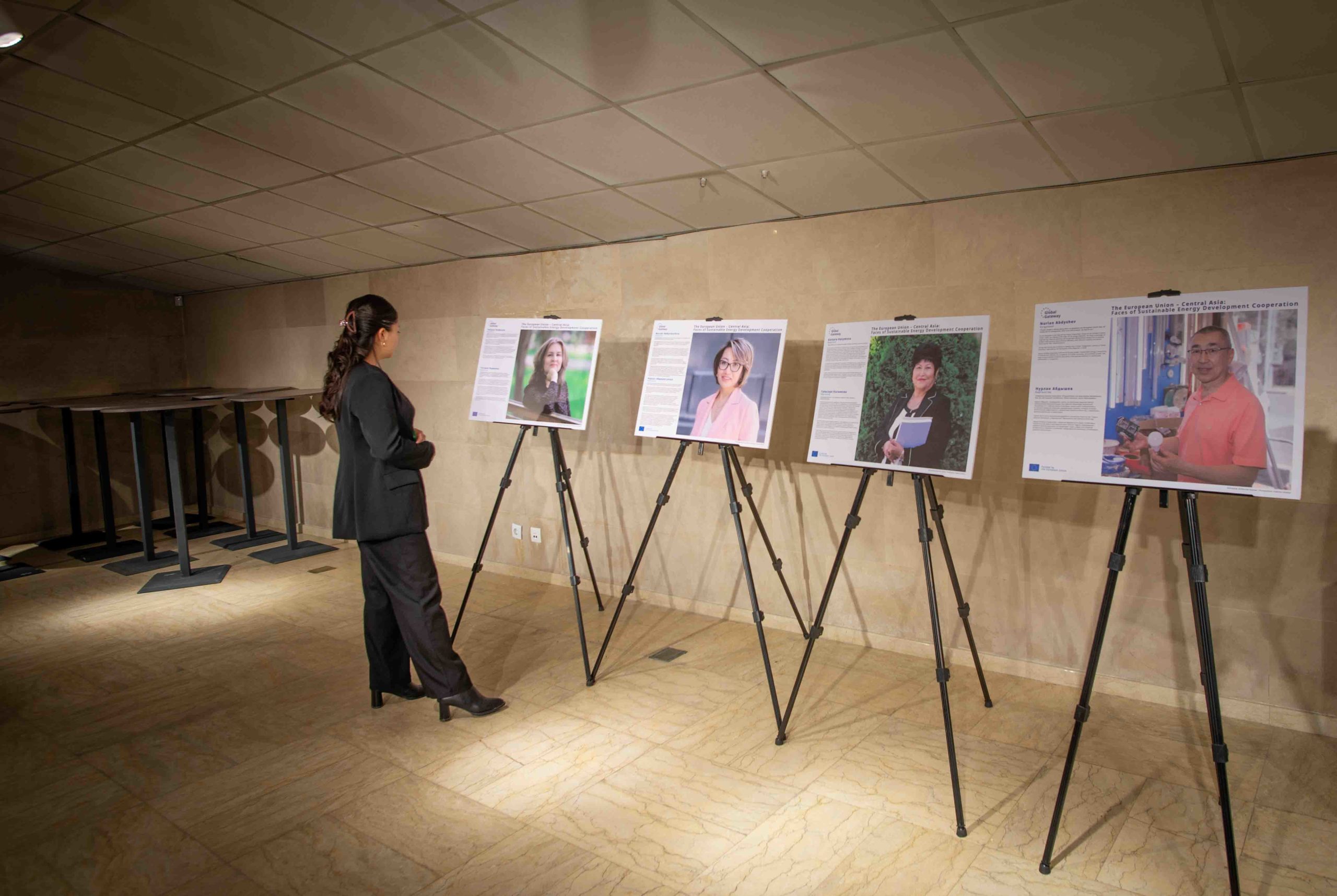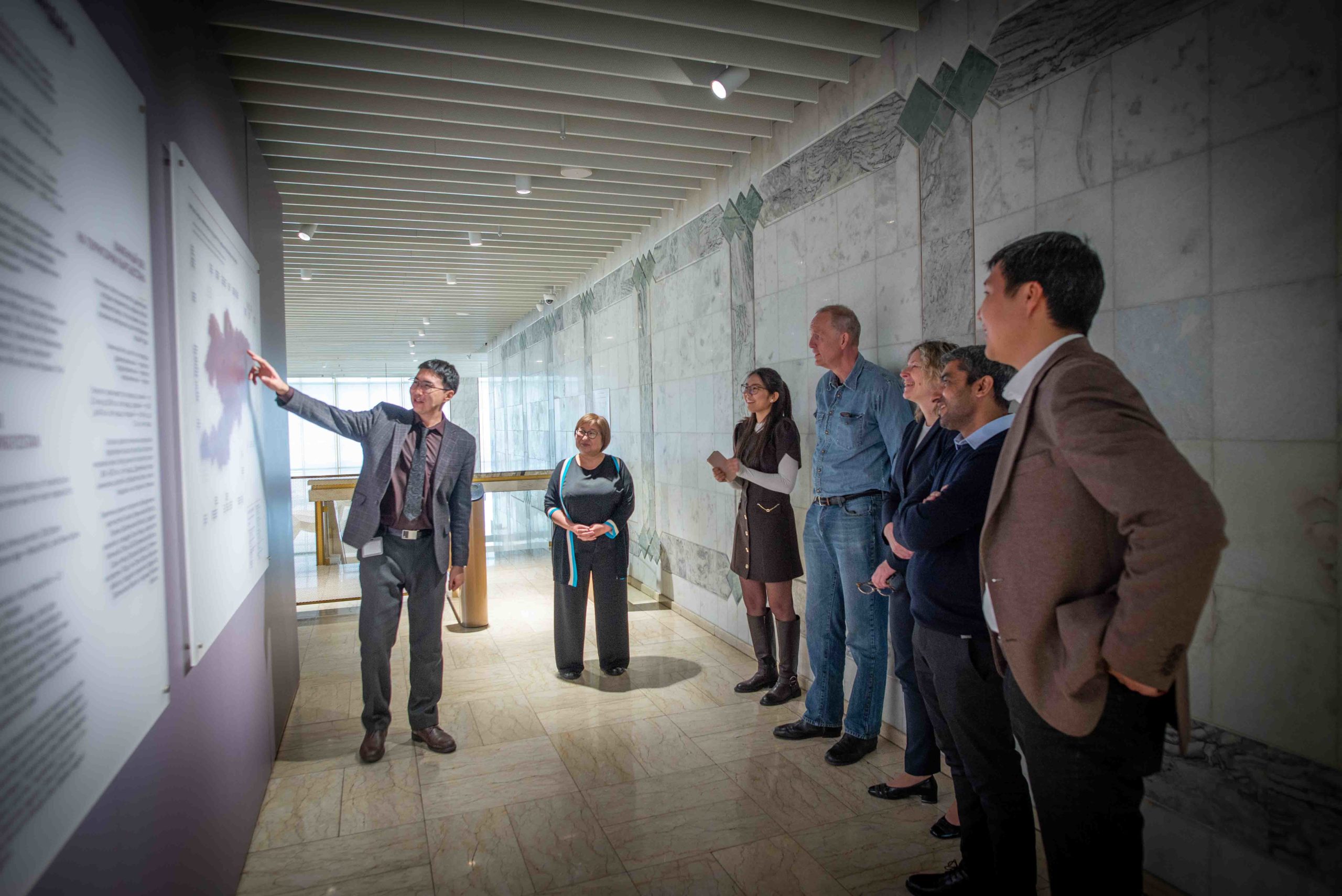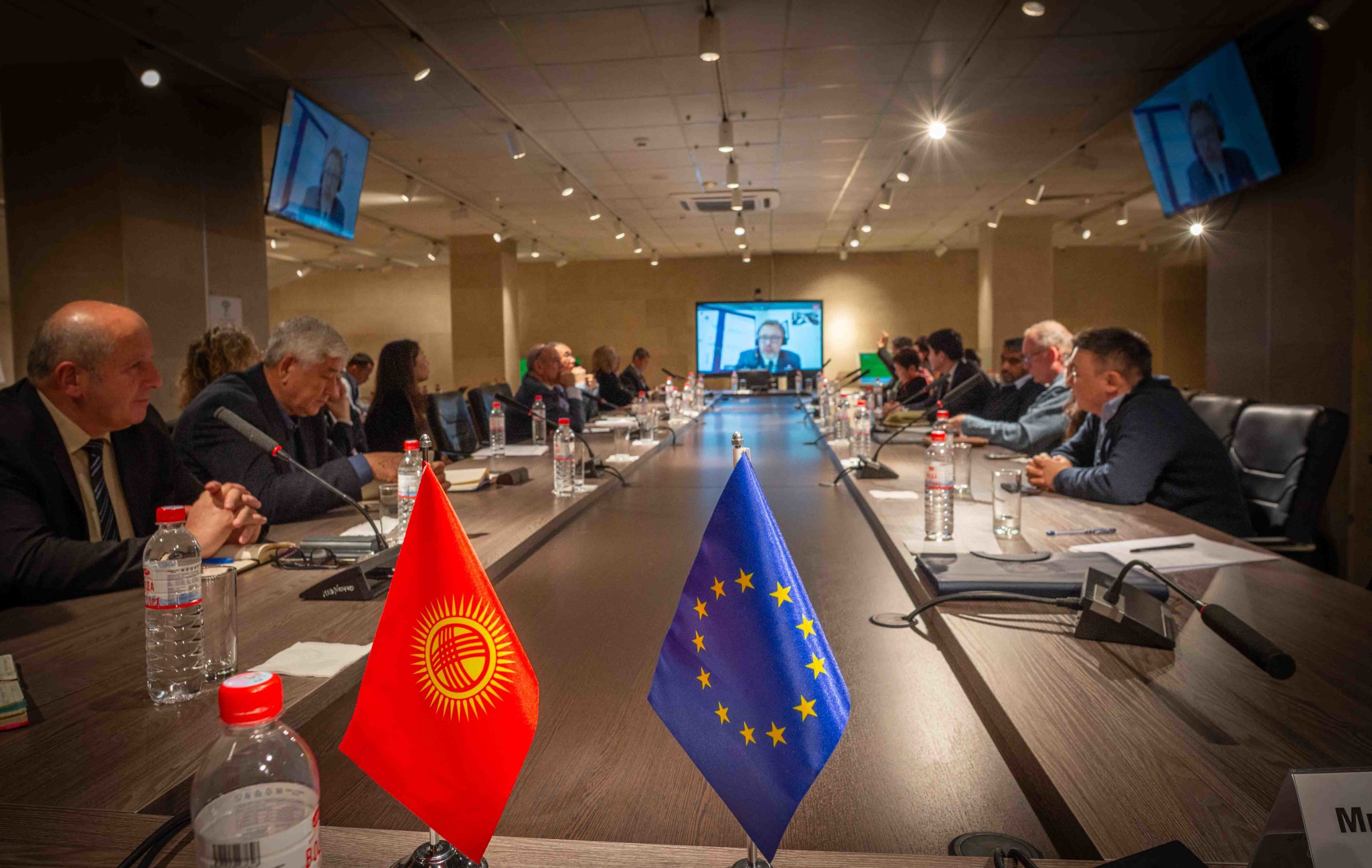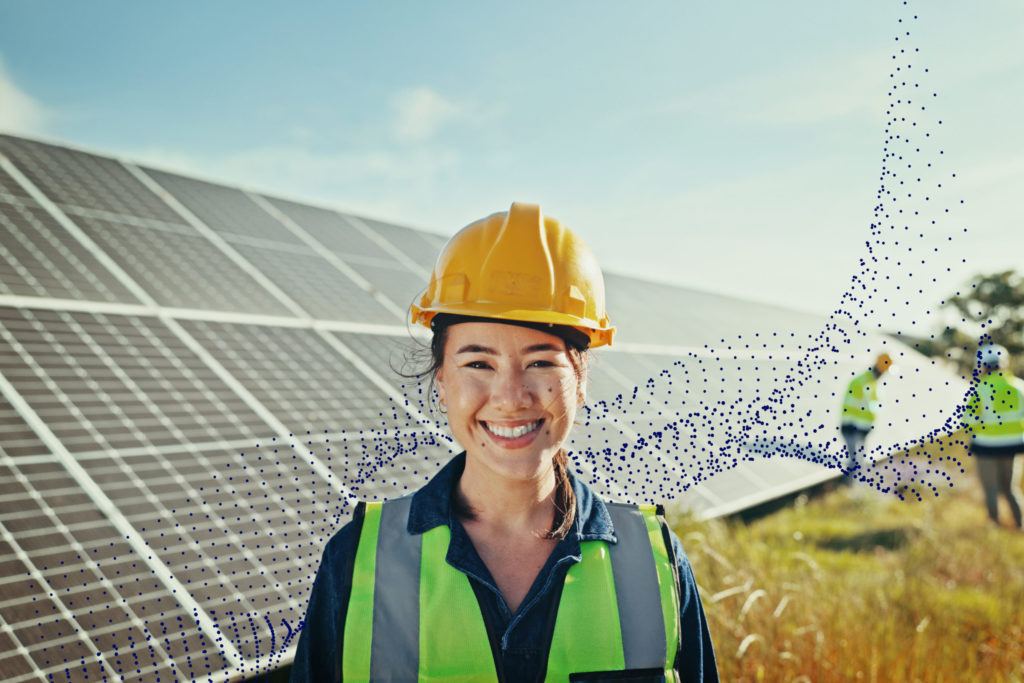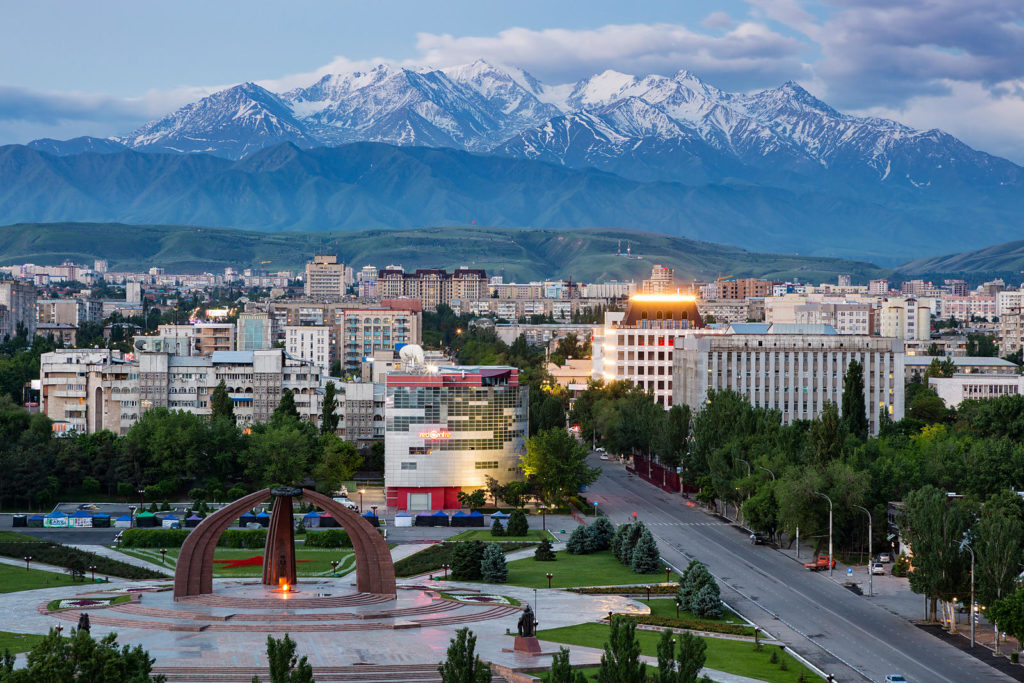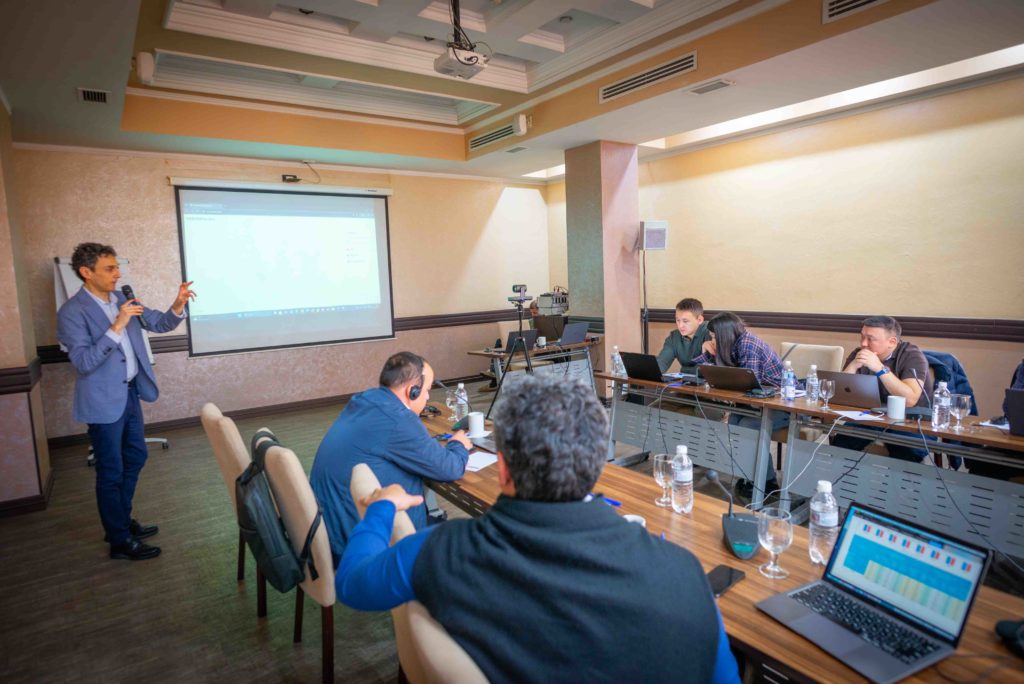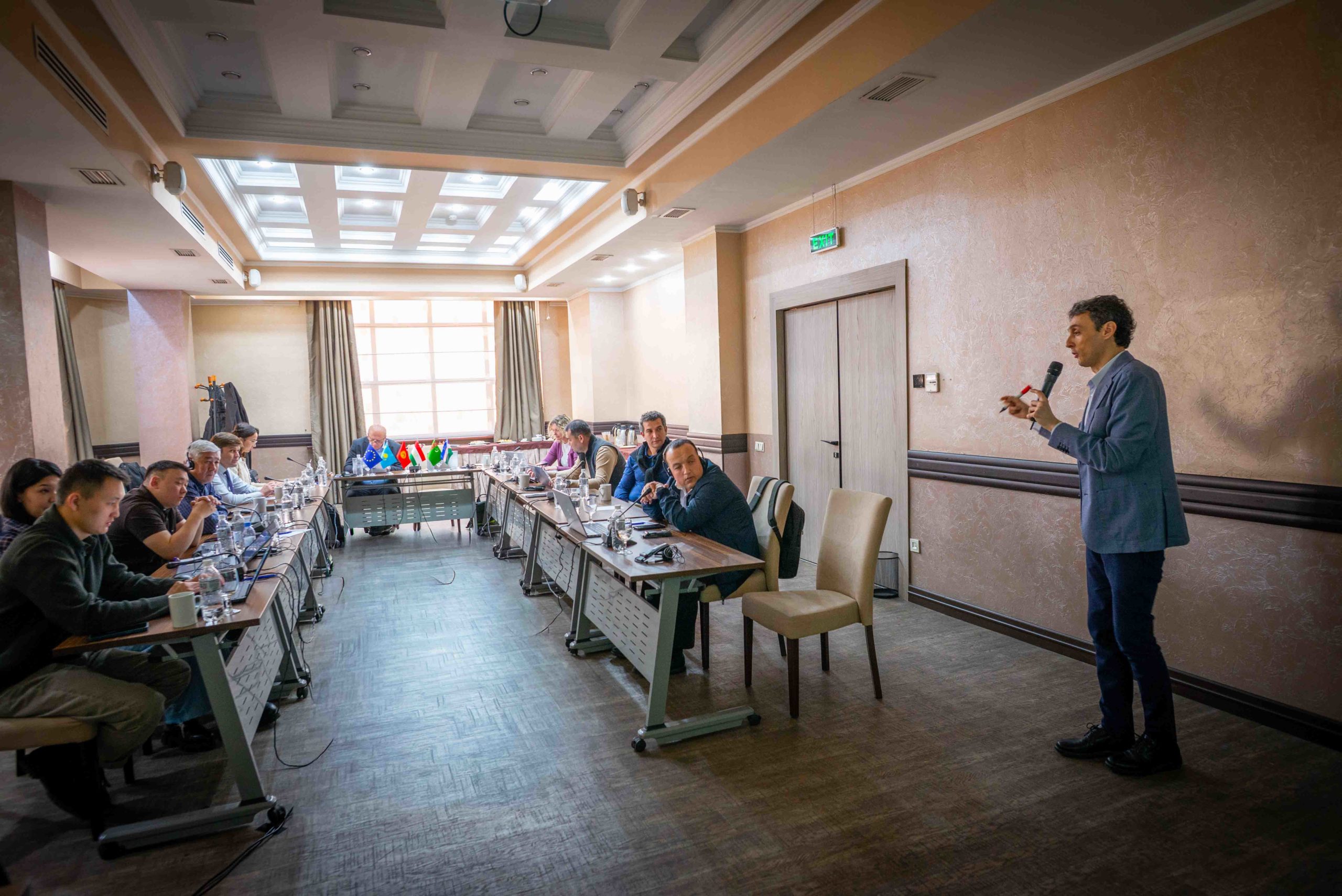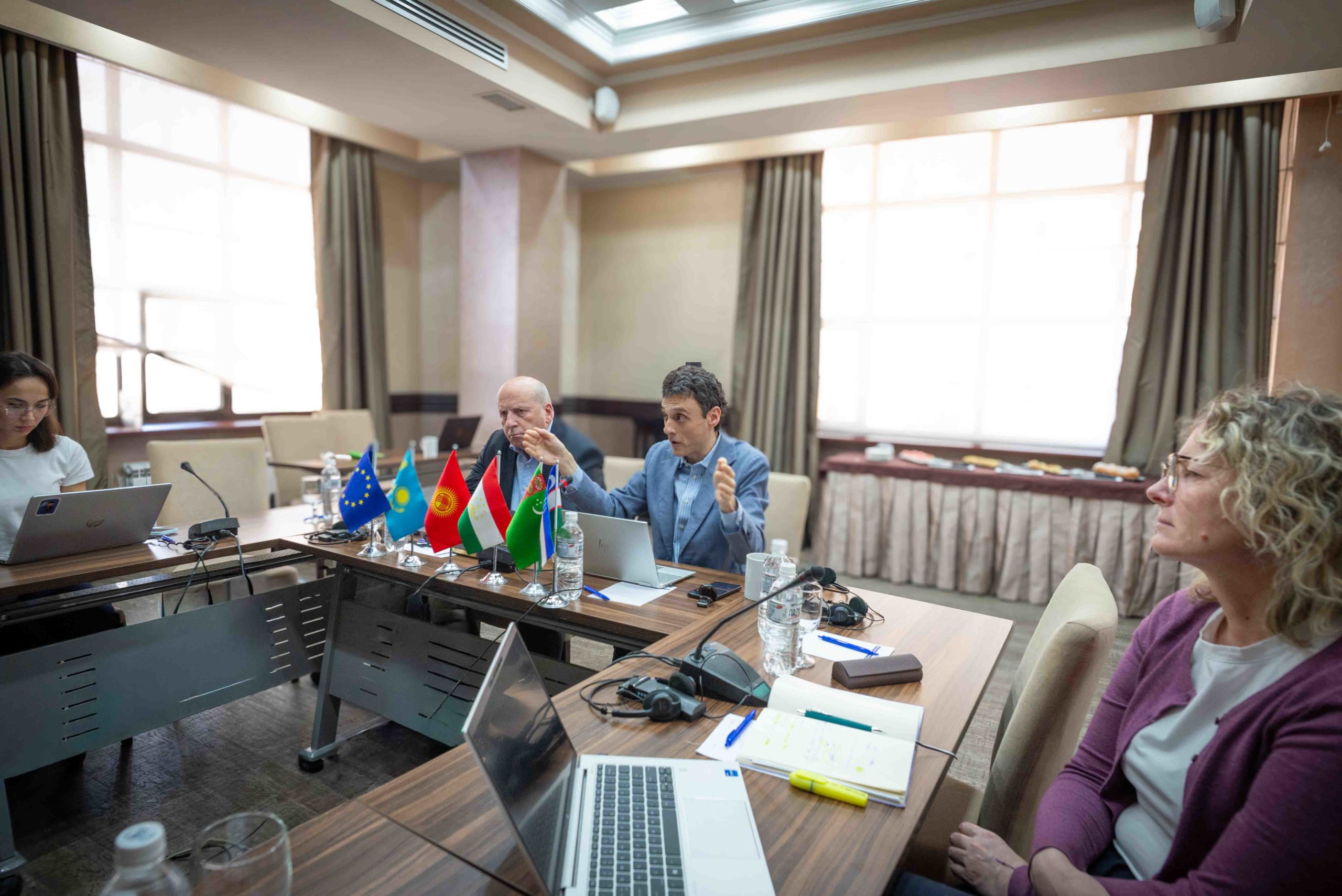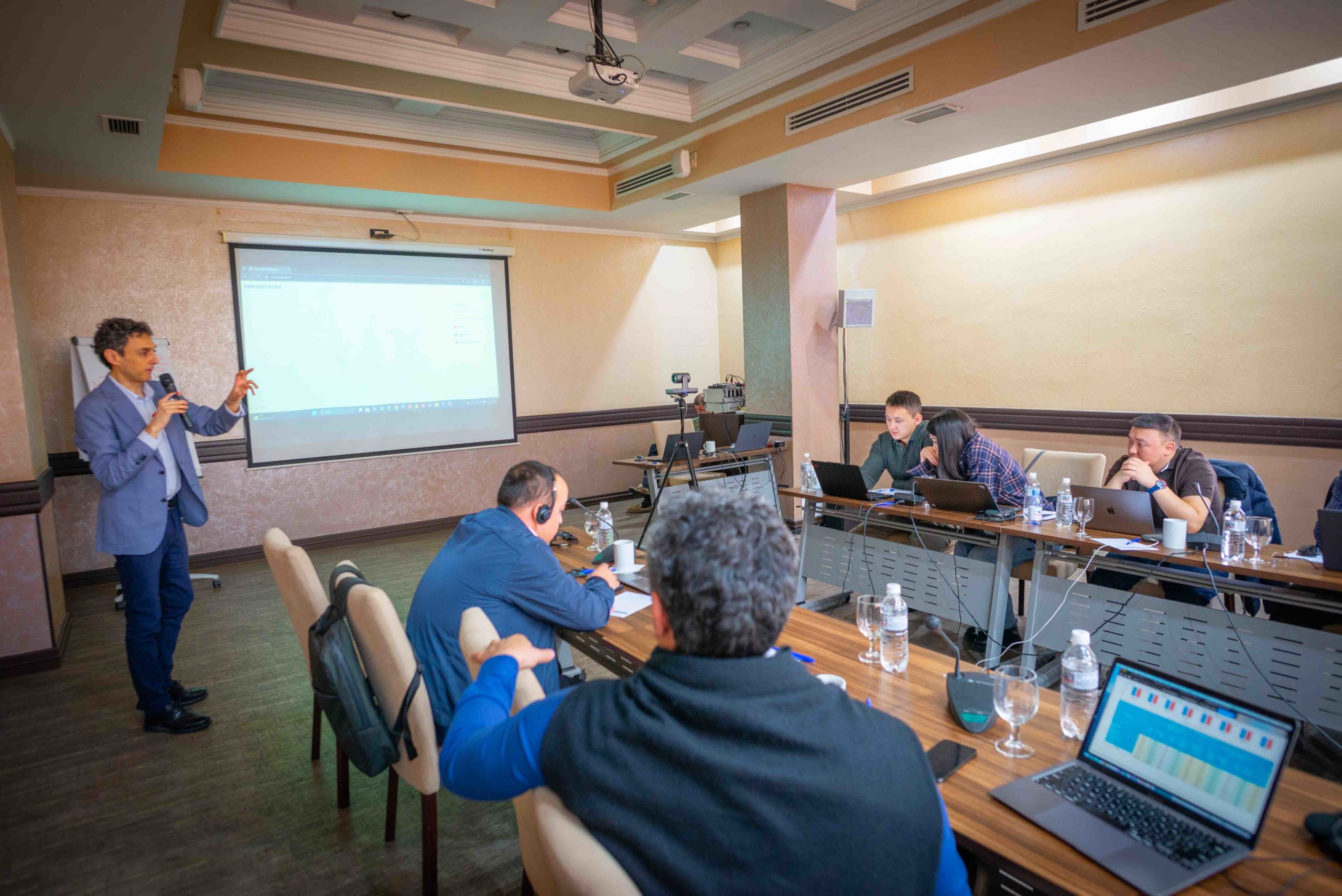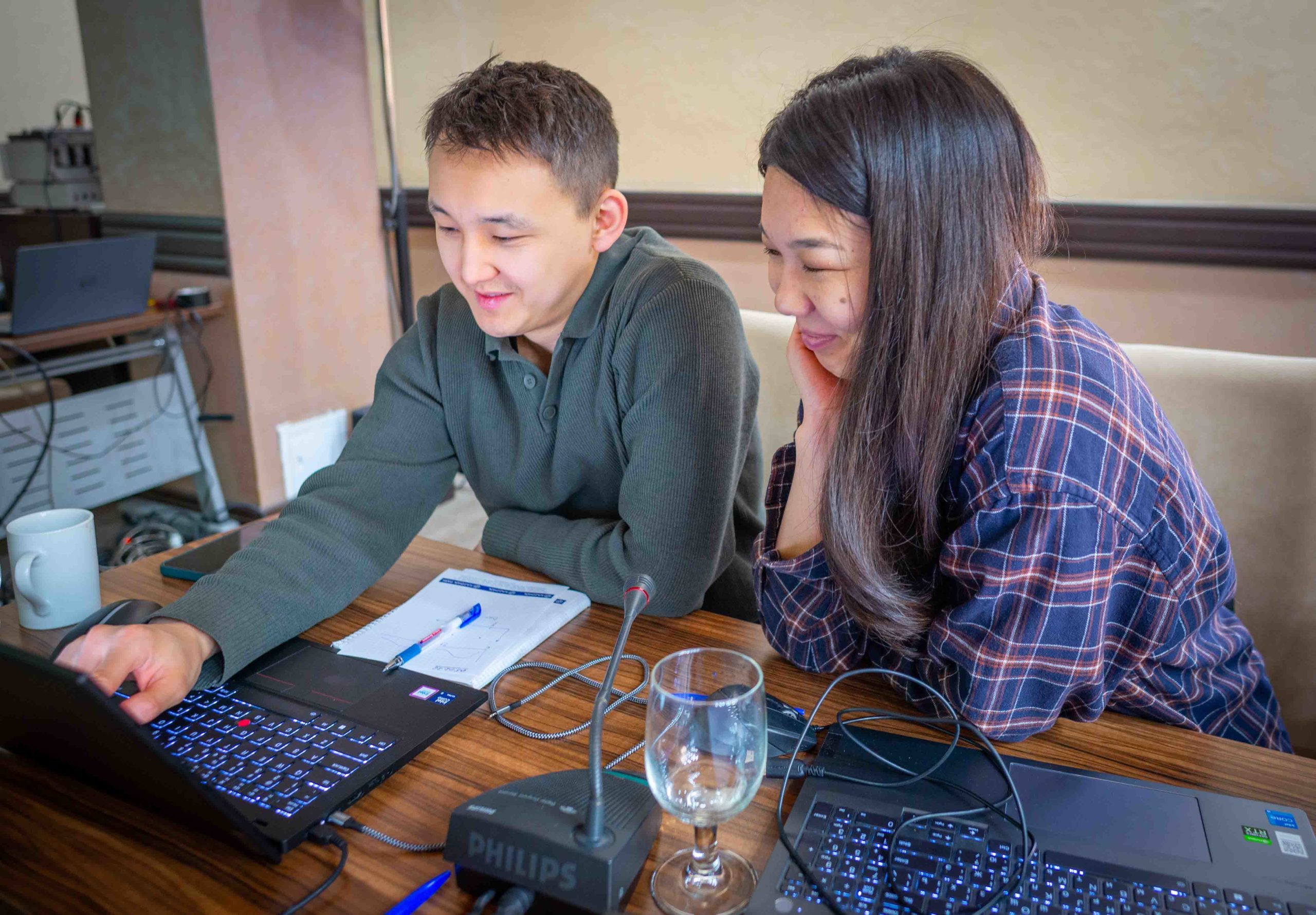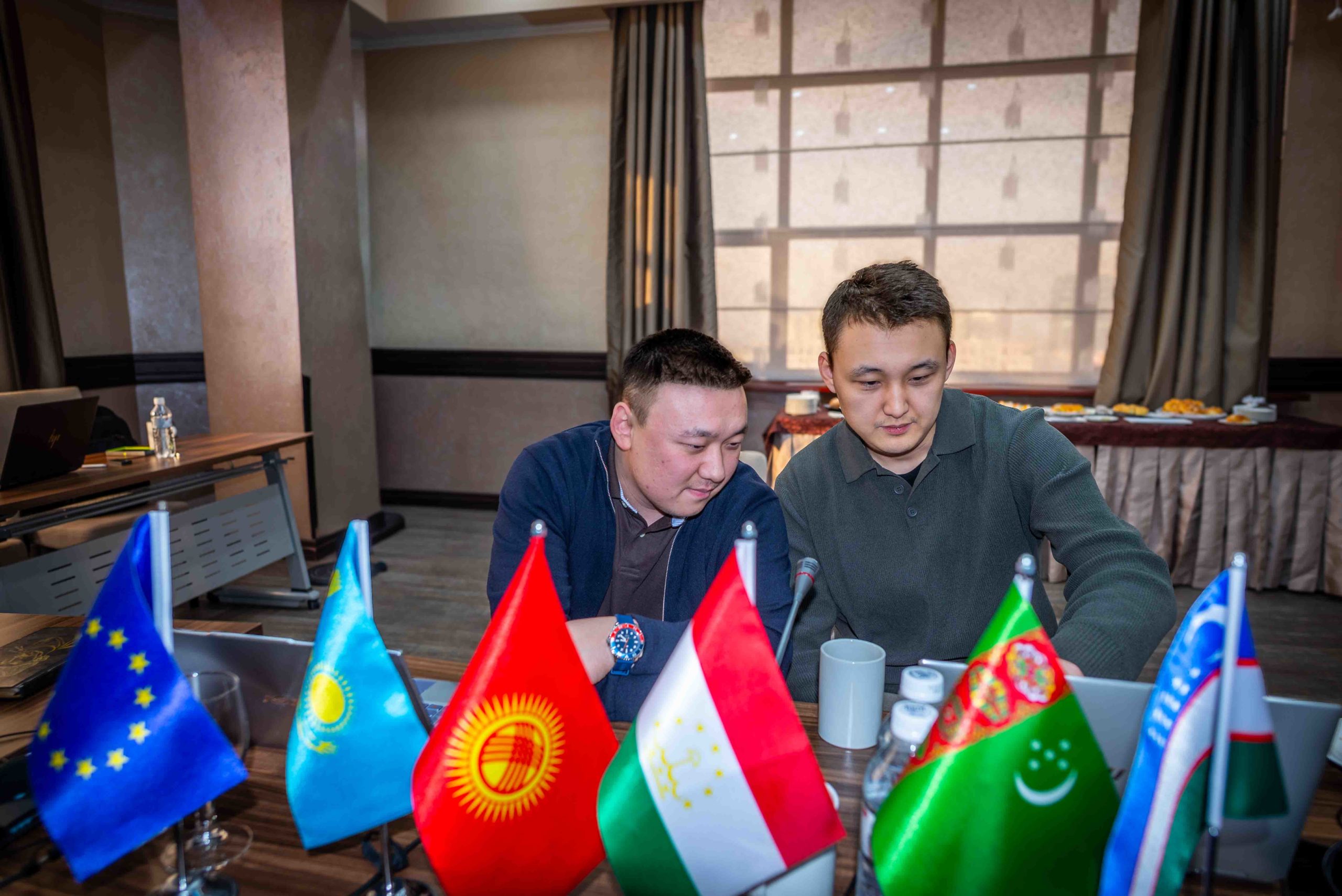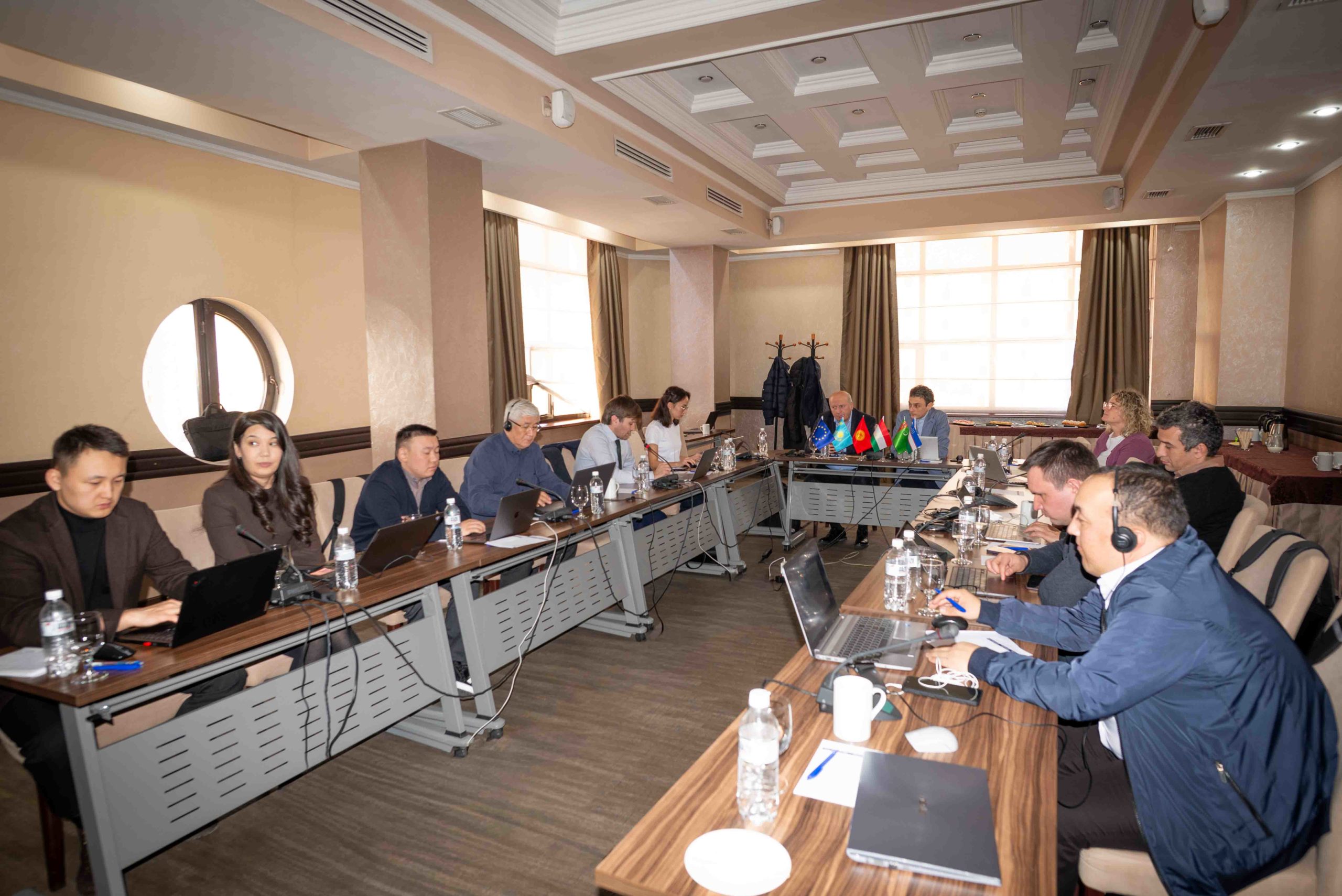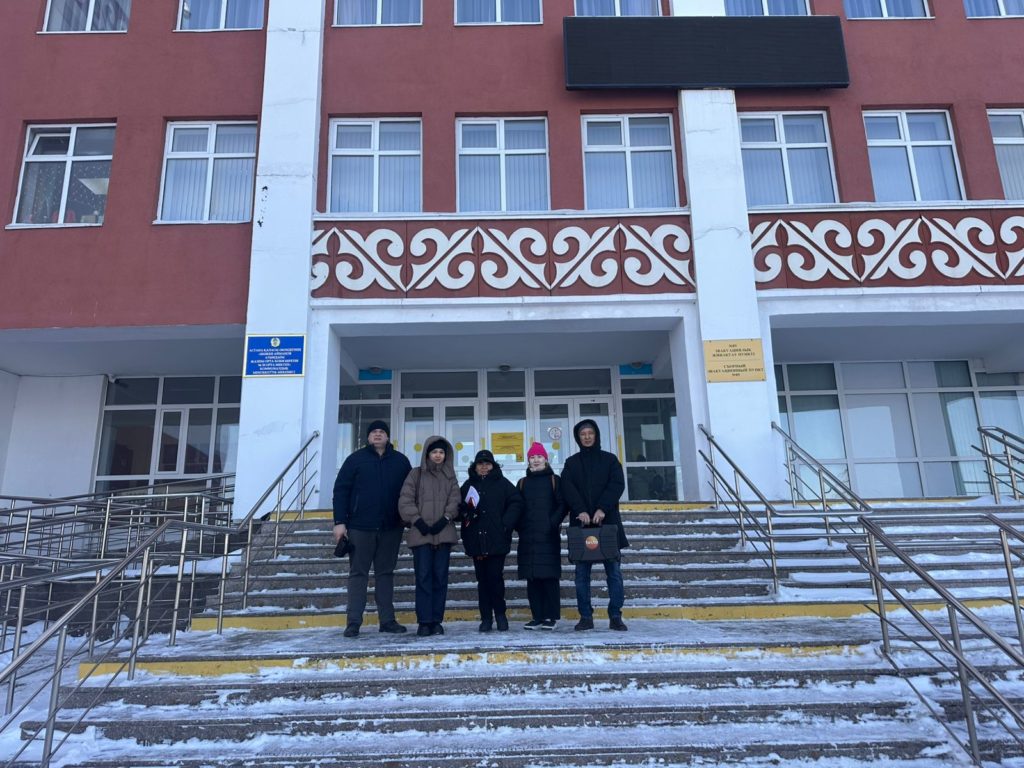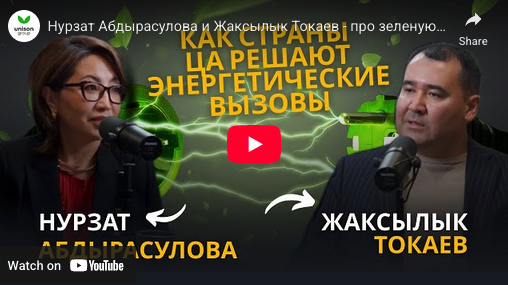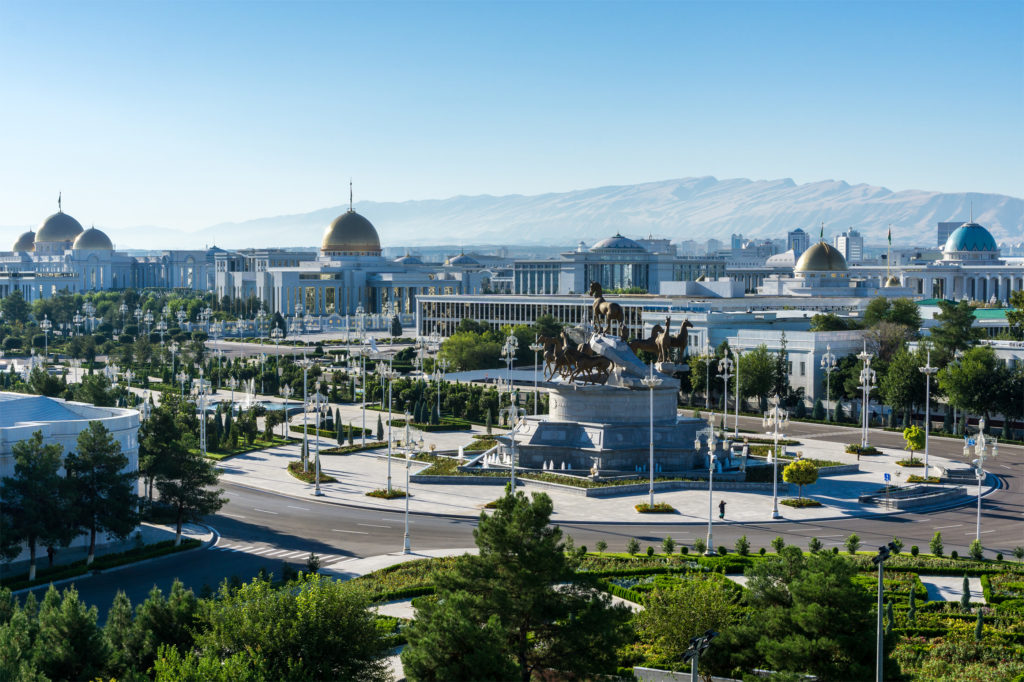Astana, Kazakhstan – At a Roundtable on regulation of methane emissions, the European Union (EU)-funded SECCA project presented the findings of an analytical study assessing the potential impact of the EU methane regulation on the exports of the Republic of Kazakhstan. The event brought together representatives of the Ministry of Energy of Kazakhstan, the EU Delegation to Kazakhstan, oil and gas companies, research institutions, and other key stakeholders.
Human-caused methane emissions are estimated to contribute to approximately 30% of current global warming. At the same time, the average lifetime of methane in the atmosphere is significantly shorter than of carbon dioxide – around 10-12 years. Measures to reduce methane emissions are regarded as the fastest and most cost-effective way to slow the temperature rise and prevent further worsening of climate conditions in the near term.
The SECCA study analyses methane emissions regulation at the international, European, and national levels, with a particular focus on its implications for Kazakhstan. Specifically, it examines the EU Regulation on methane emissions reduction in the energy sector, the Oil & Gas Methane Partnership 2.0 (OGMP 2.0), and methane regulation in Kazakhstan.
The EU is steadily moving toward specialised and legally binding rules that cover specific sectors, processes, and market participants. Importantly, these requirements apply not only to operators within the EU, but also to energy suppliers from third countries. Meanwhile, OGMP 2.0, operating under the auspices of the United Nations Environment Programme, is de-facto establishing a global standard for corporate methane reporting and emissions management in the oil and gas sector.
For Kazakhstan, these developments carry not only environmental but also direct trade and economic implications. Historically, methane regulation in the country has evolved within the broader framework of greenhouse gas and environmental protection policies, without treating methane as a standalone category. This creates a potential gap between the European model and existing national approaches.
Drawing on the EU experience, the SECCA study puts forward a set of recommendations and proposes an evolutionary scenario for Kazakhstan:
- Developing a dedicated conceptual framework for methane emissions management;
- Gradually introducing leak detection and repair programmes, including regular equipment inspections, mandatory recording of detected leaks, repair timelines, and documented verification of repair effectiveness;
- Introducing methane intensity indicators as a tool for transparency and comparability, particularly for export-oriented supply chains, in order to reduce external economic risks and prepare for possible future requirements from key trading partners;
- Establishing the system of independent verification to ensure the accuracy and credibility of data, by leveraging existing environmental audit and accreditation mechanisms and thereby improving transparency and data comparability without introducing unnecessary regulatory structures or excessive administrative burdens.
The study also emphasises that Kazakhstan’s methane reduction potential extends beyond the oil and gas sector. The coal industry, agriculture, and waste management each require differentiated regulatory instruments. European experience demonstrates the effectiveness of combining sector-specific approaches, economic incentives, and phased implementation of requirements. According to the authors, adapting this model would enable Kazakhstan to establish a methane management system aligned with the European framework while tailored to national conditions.
